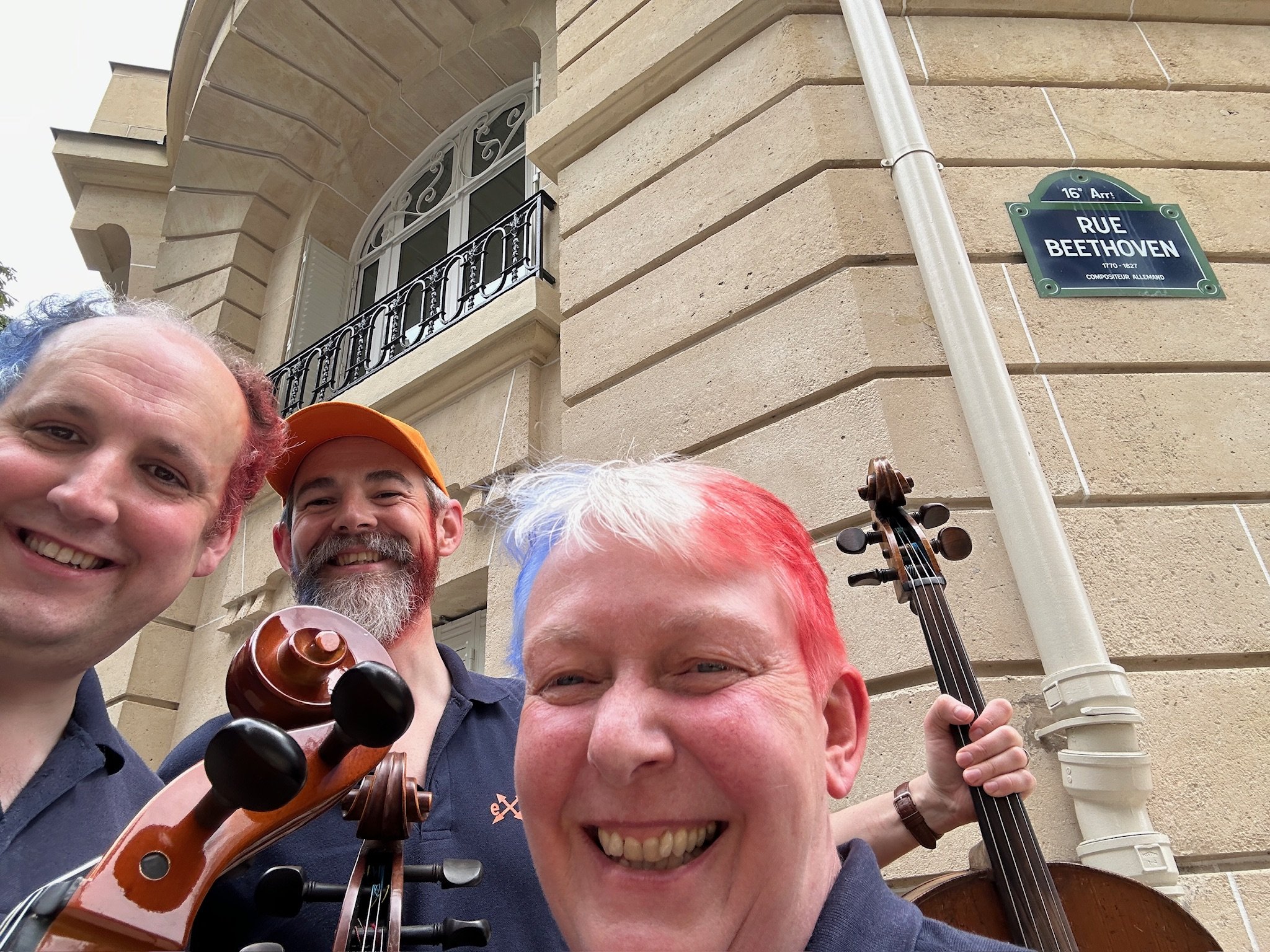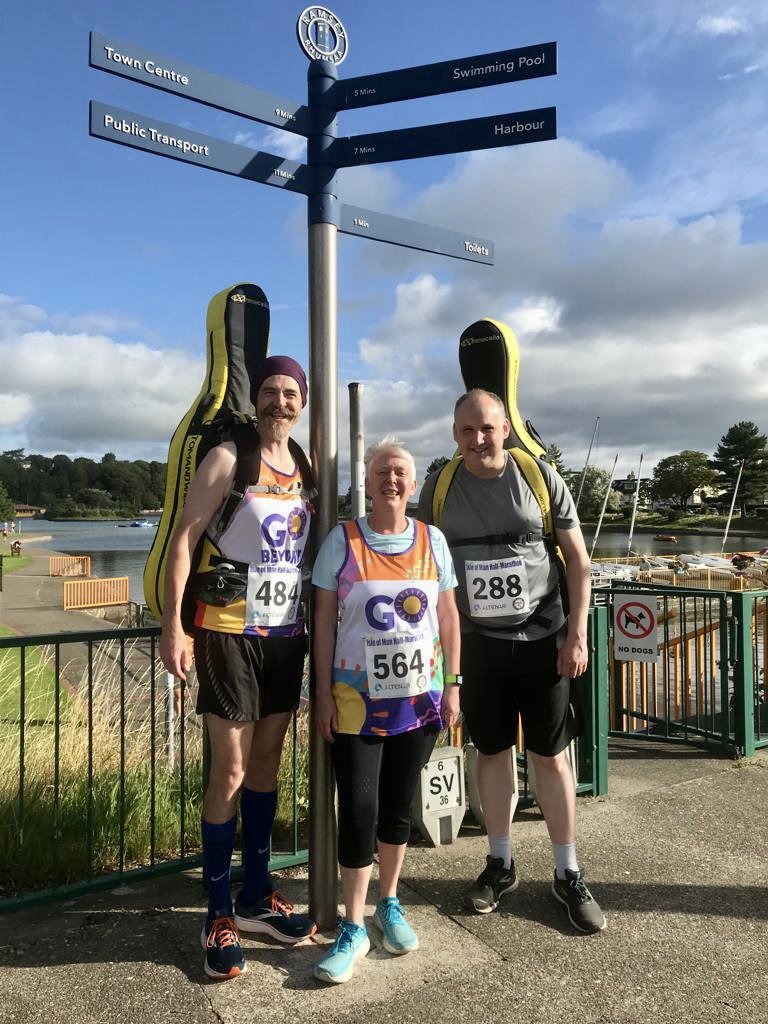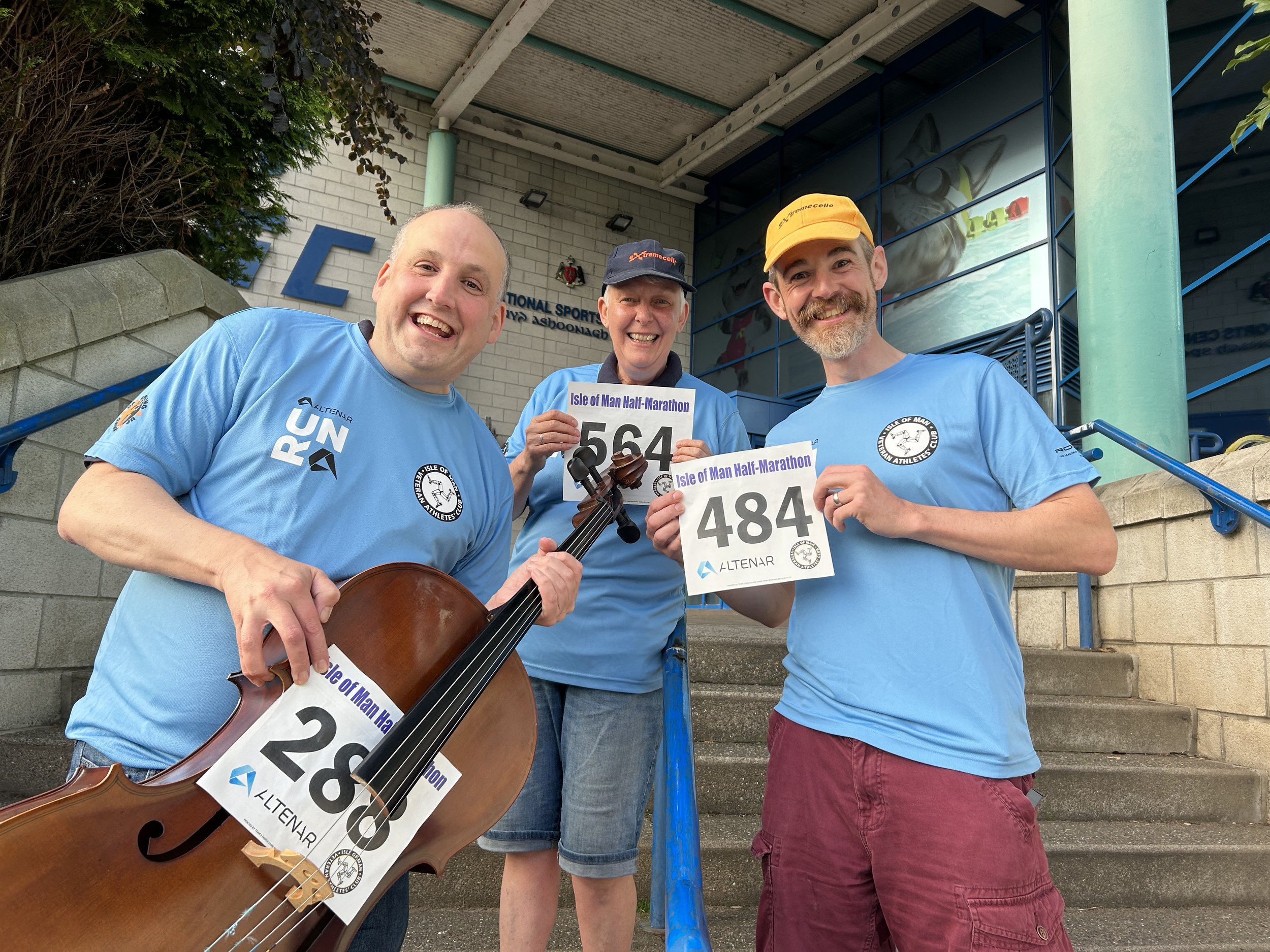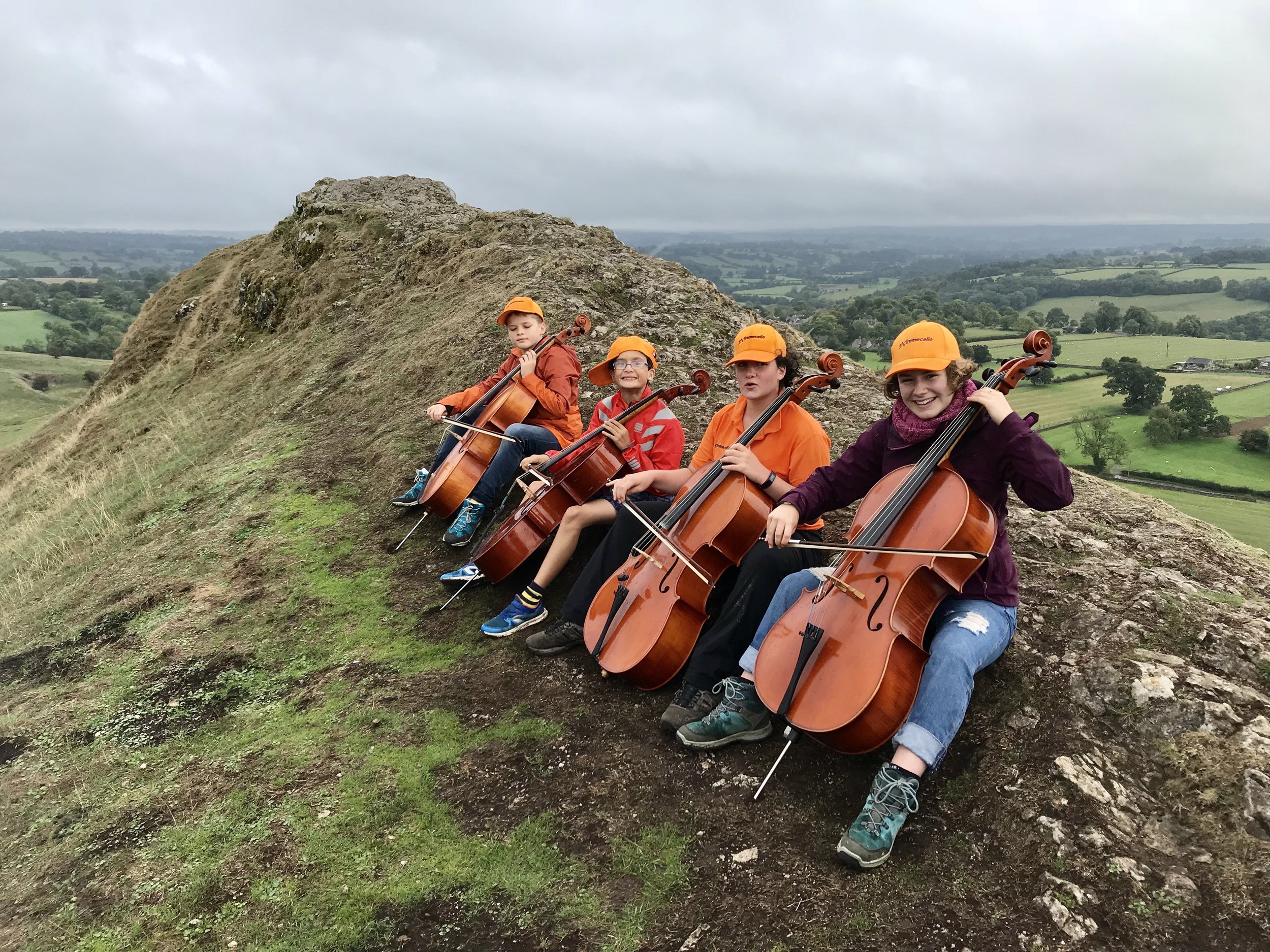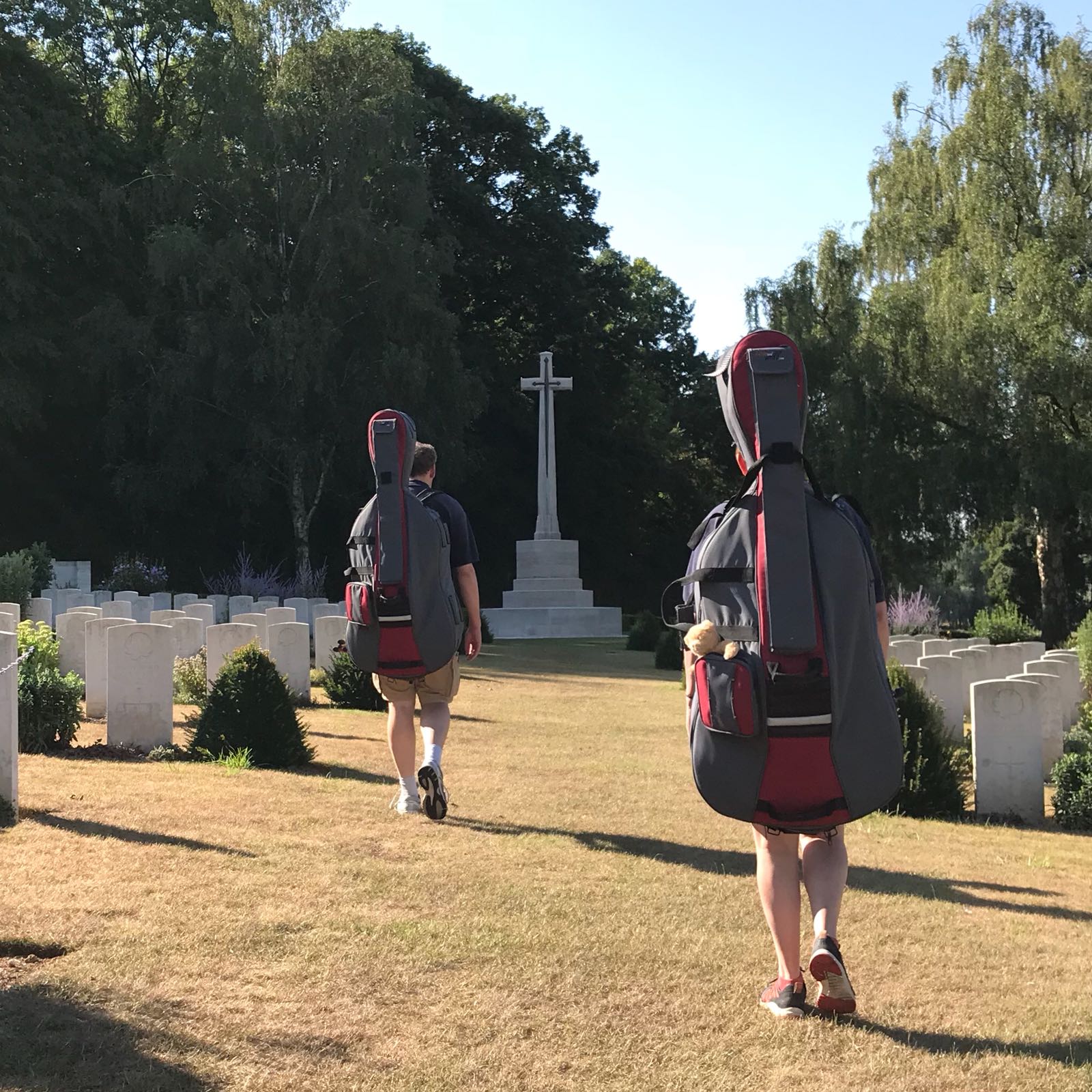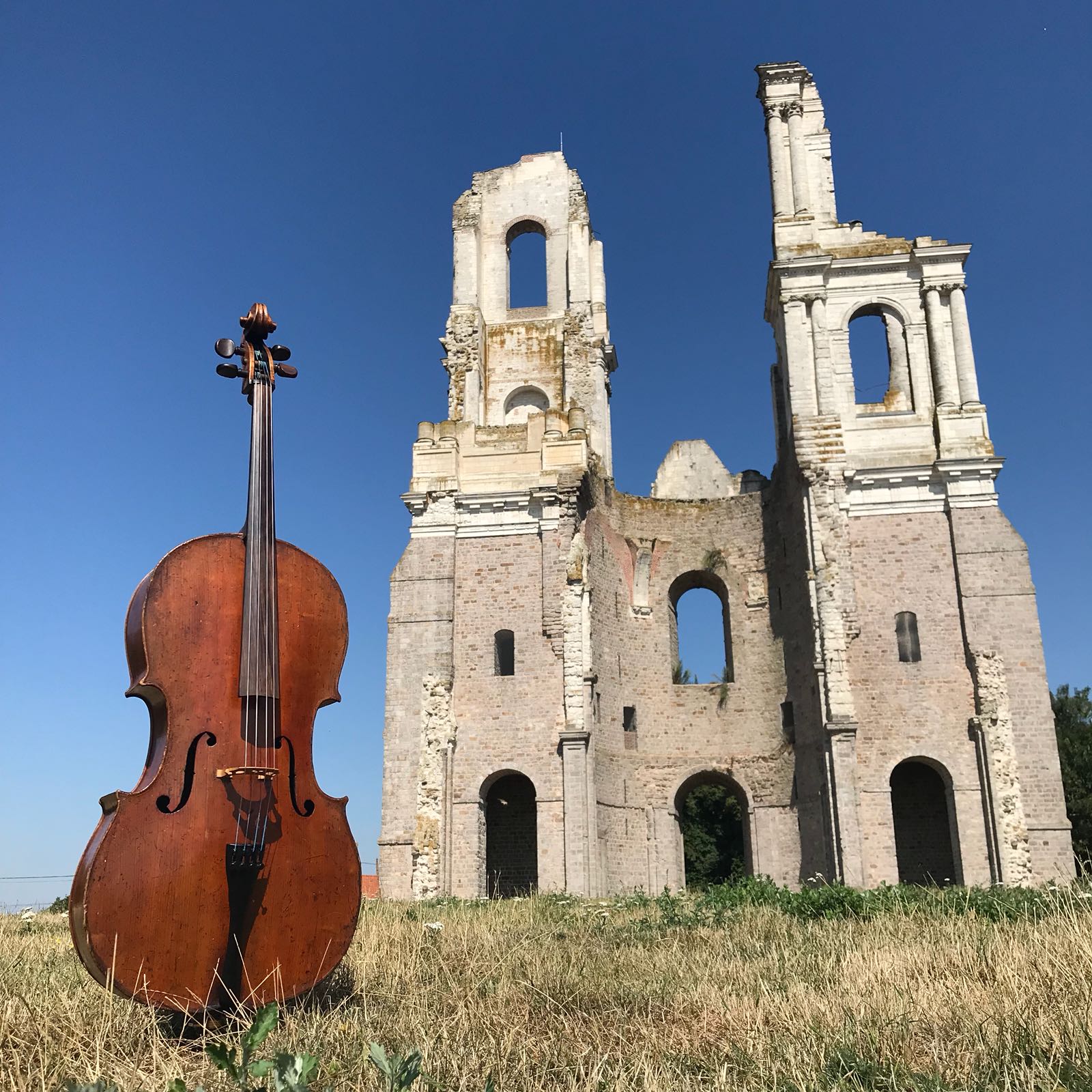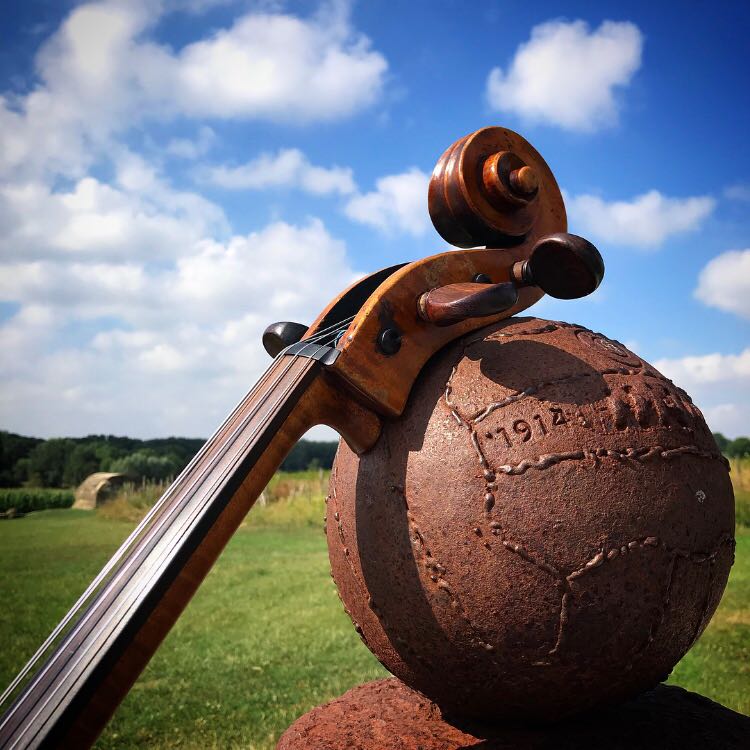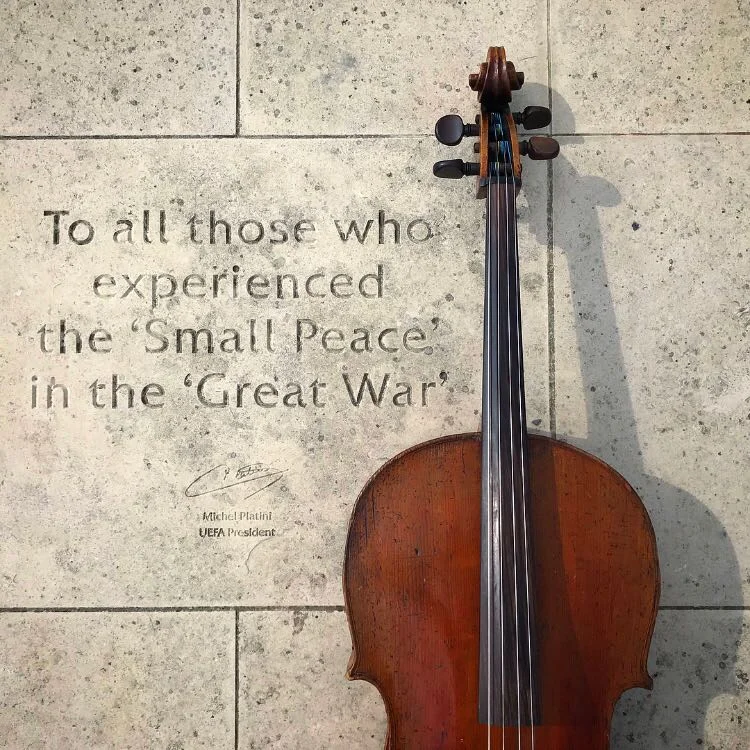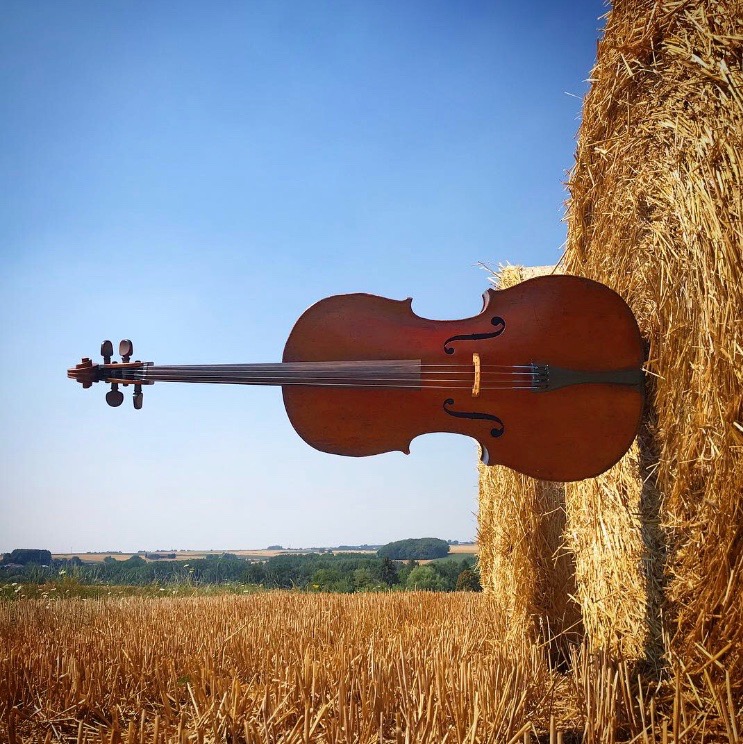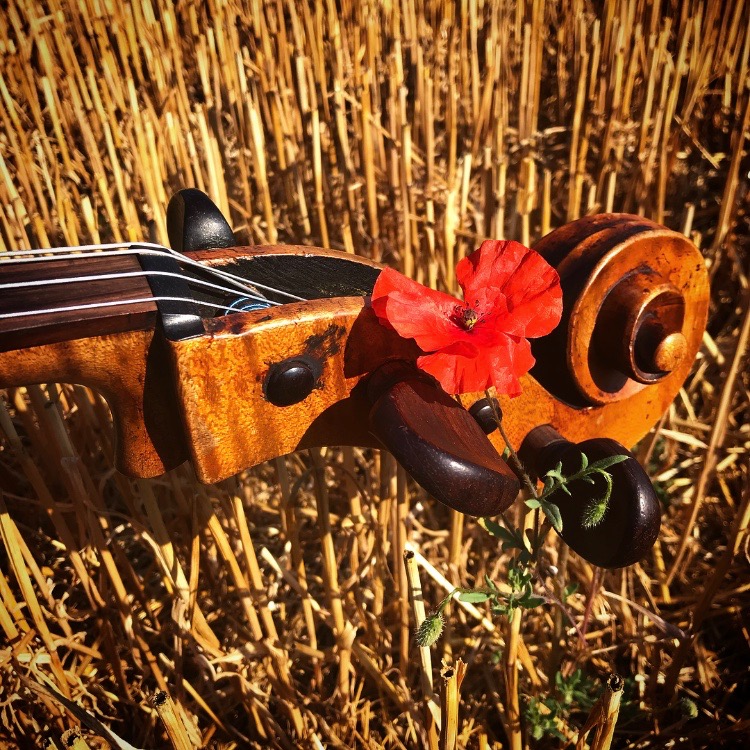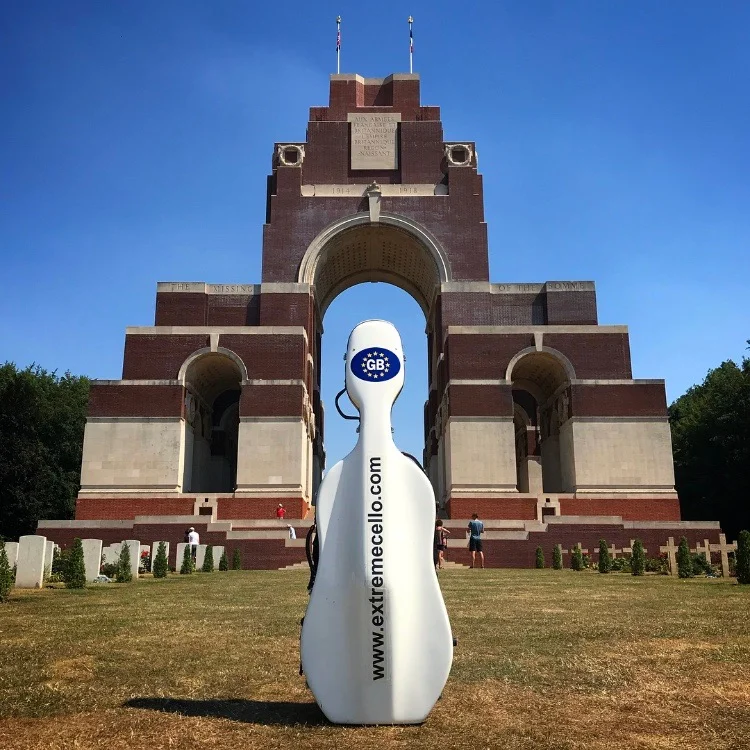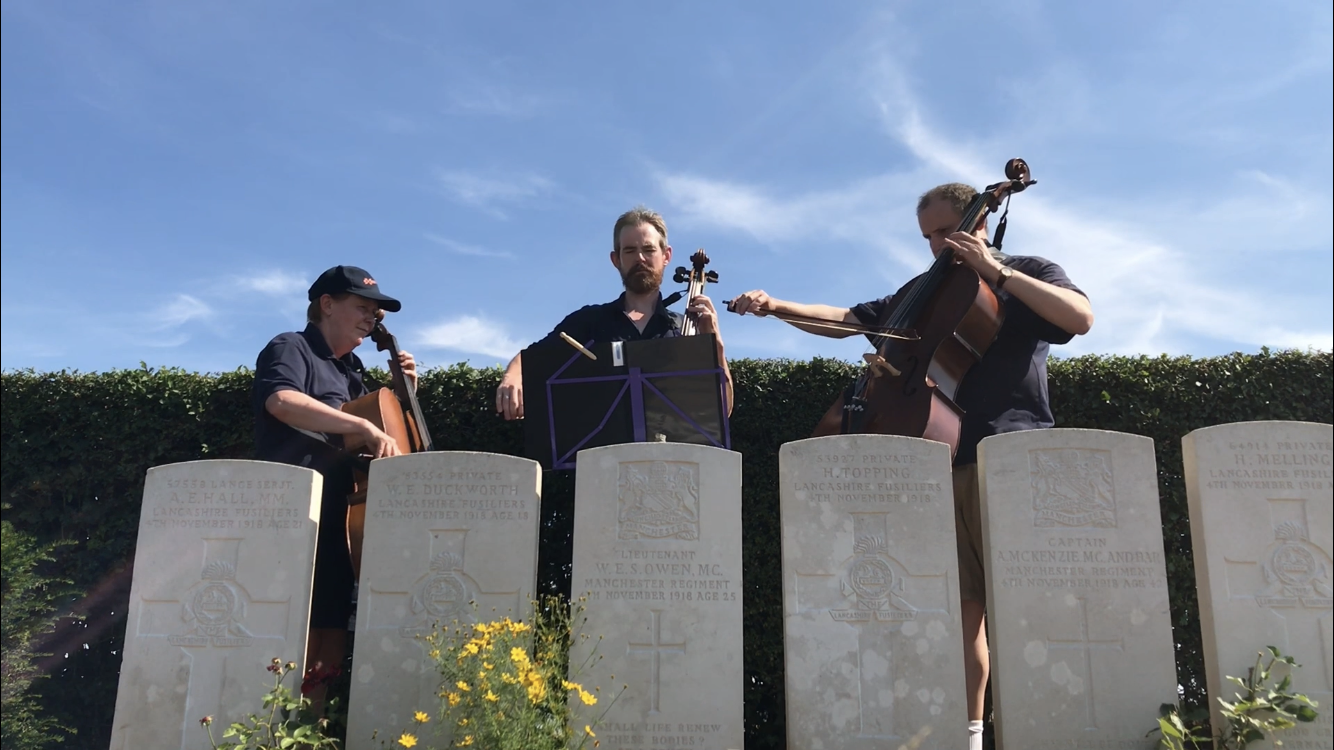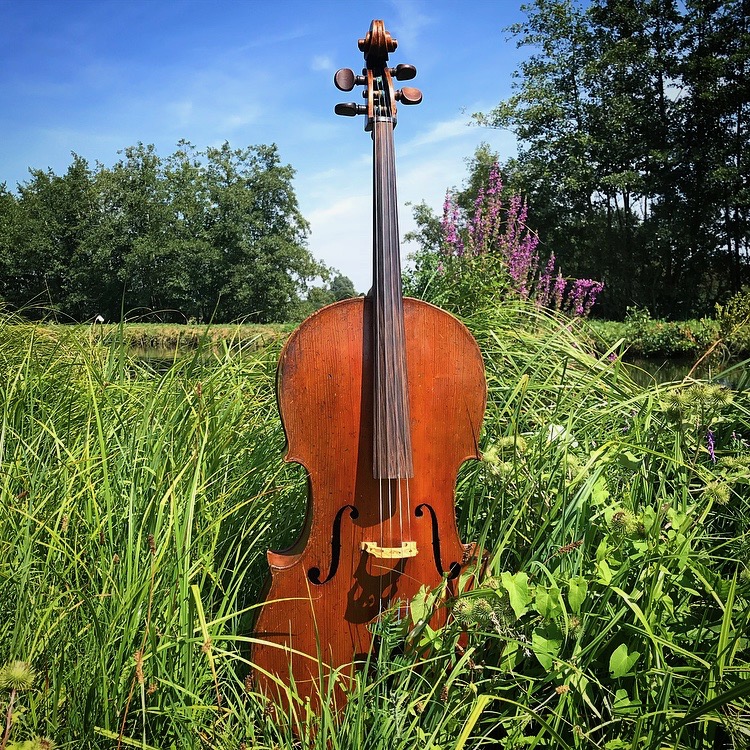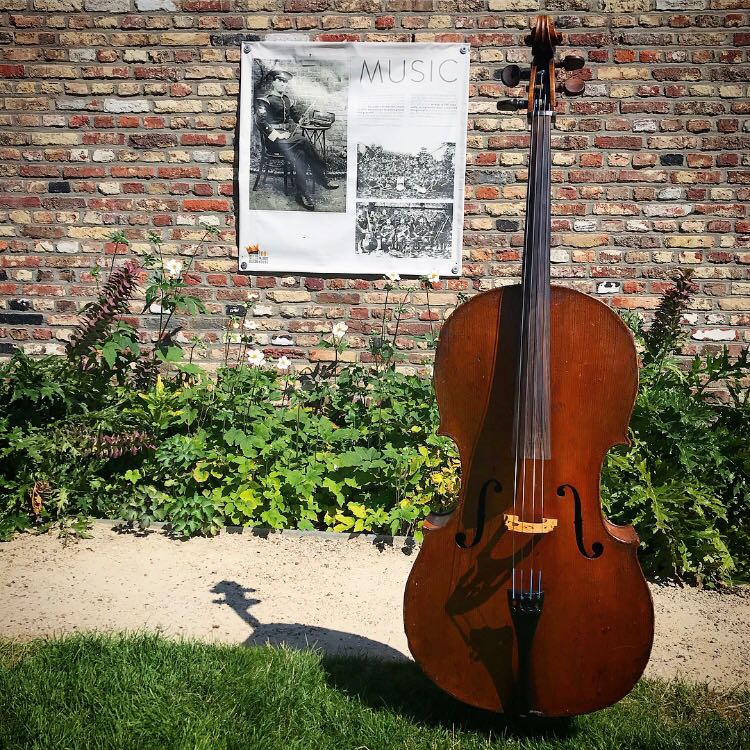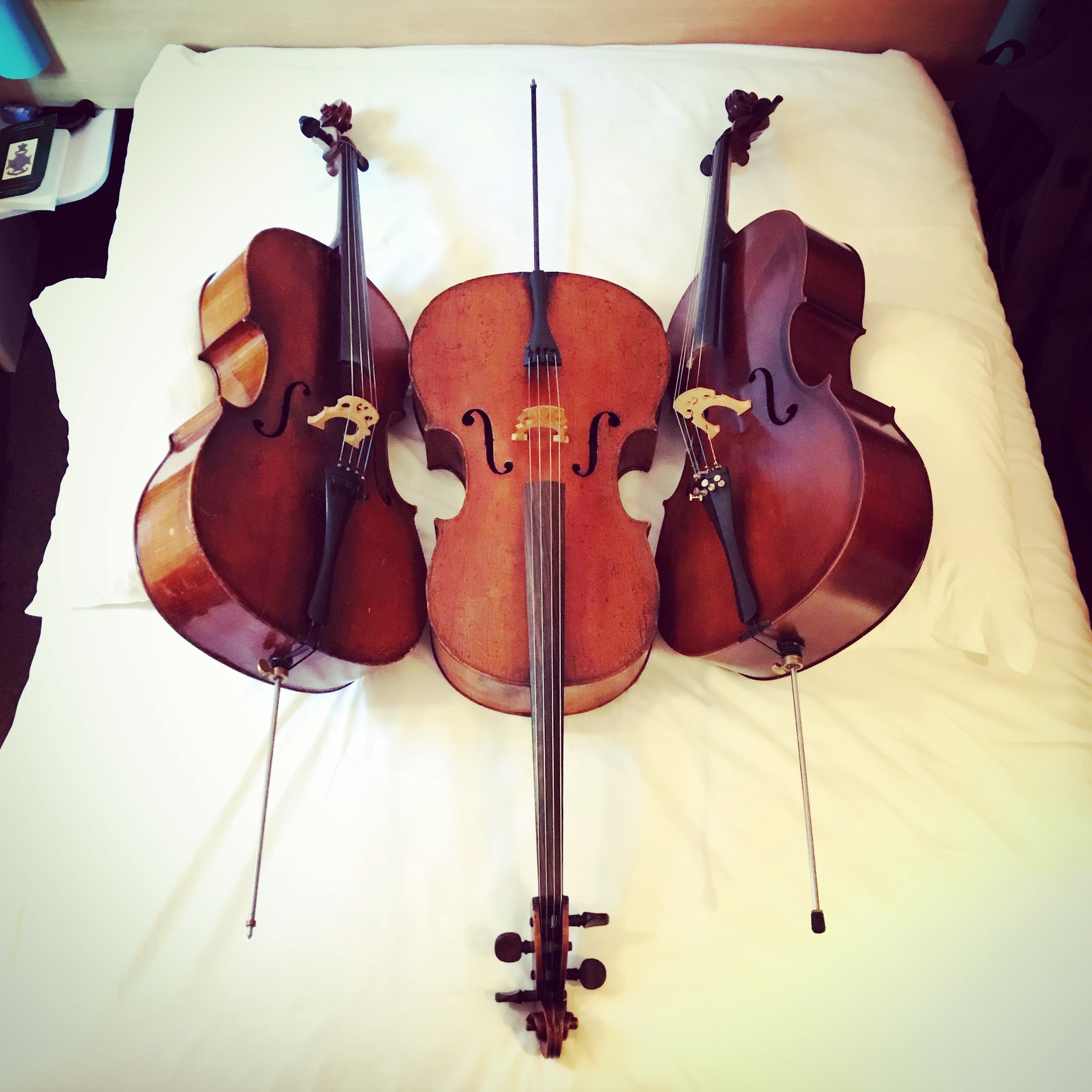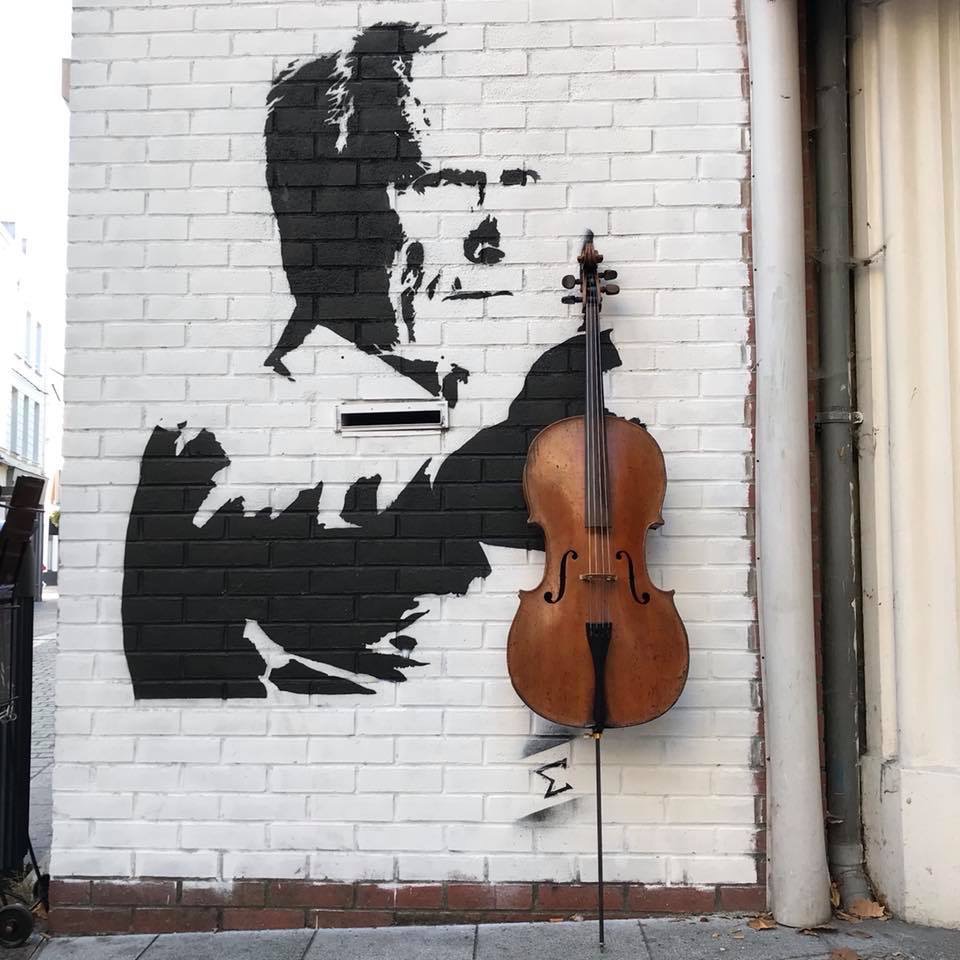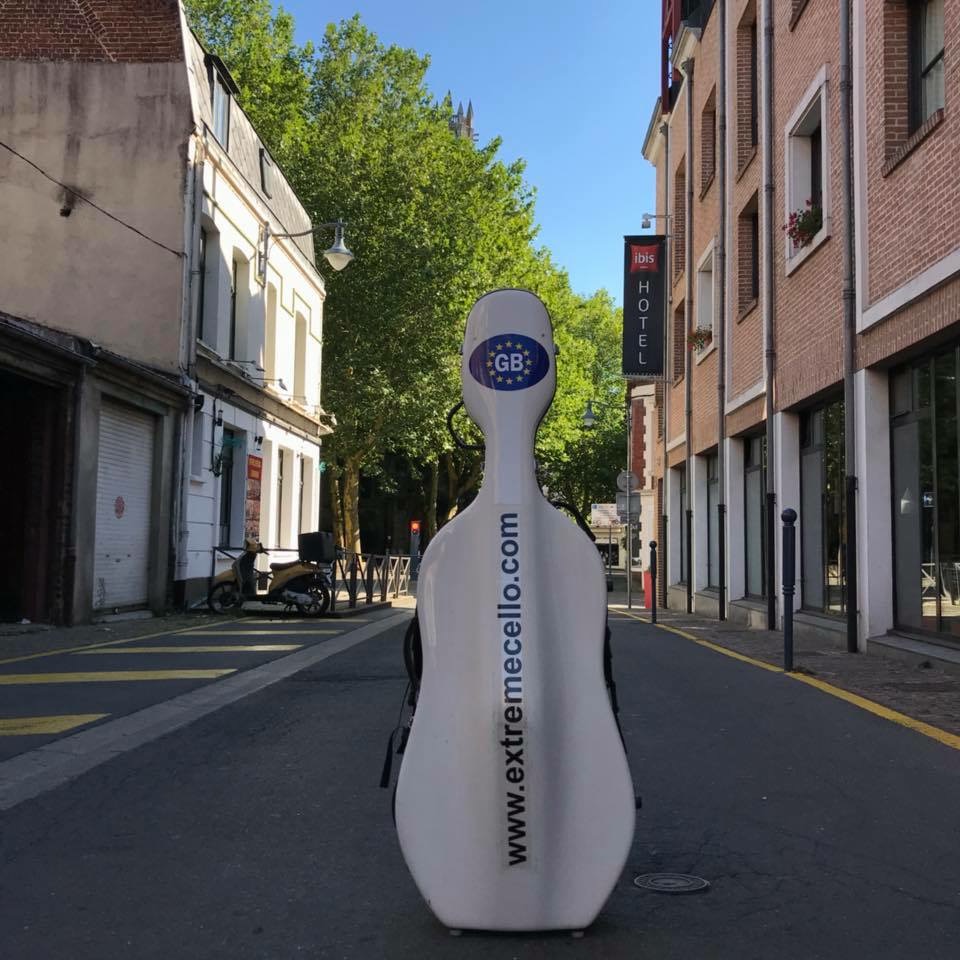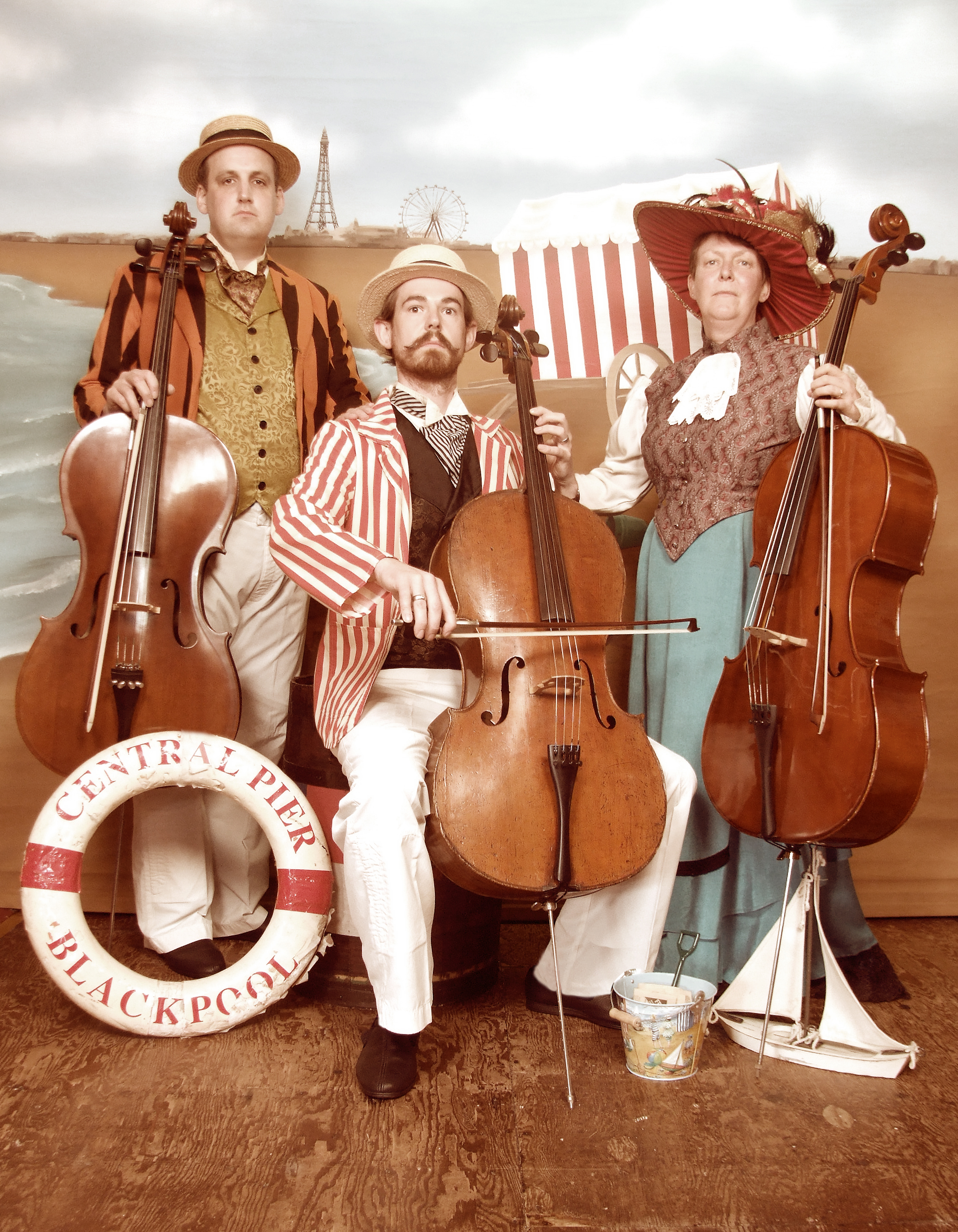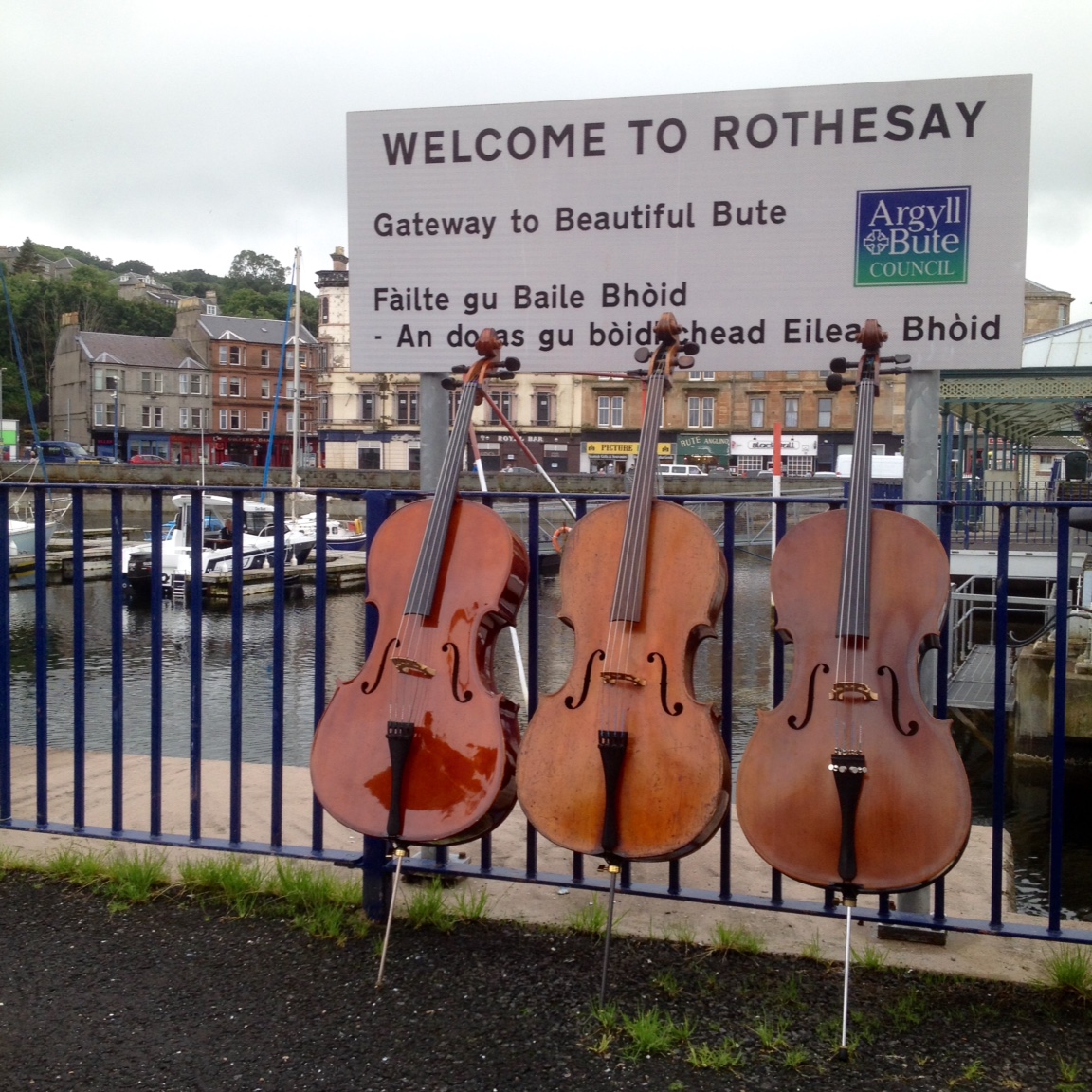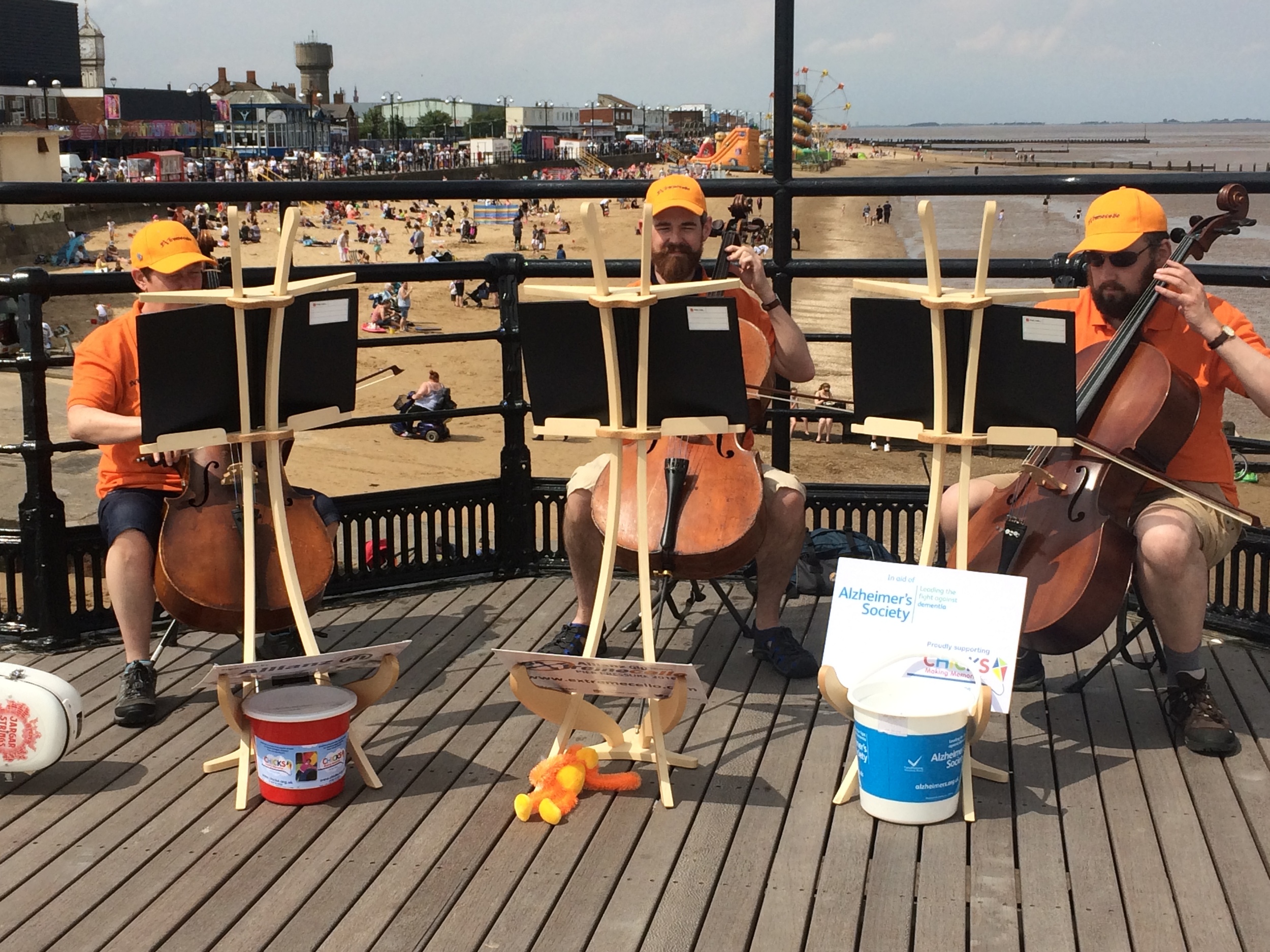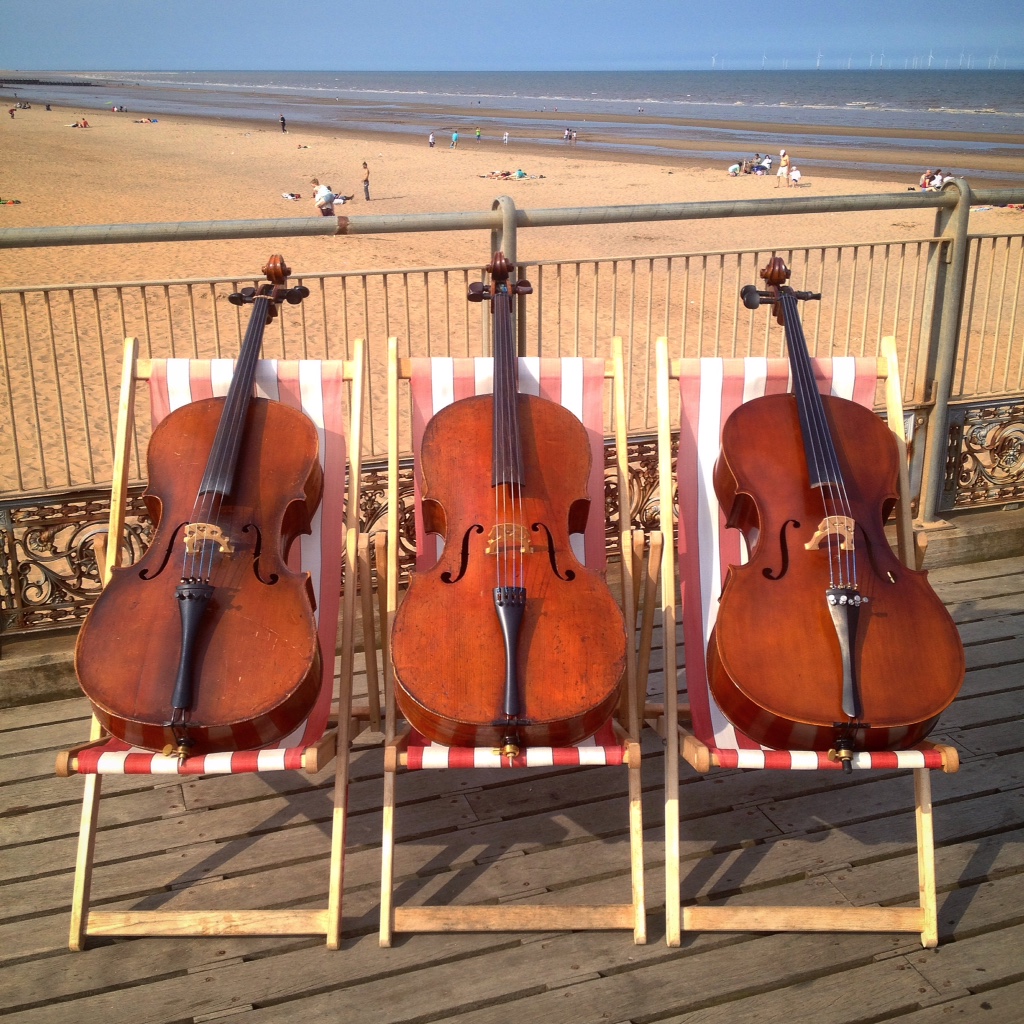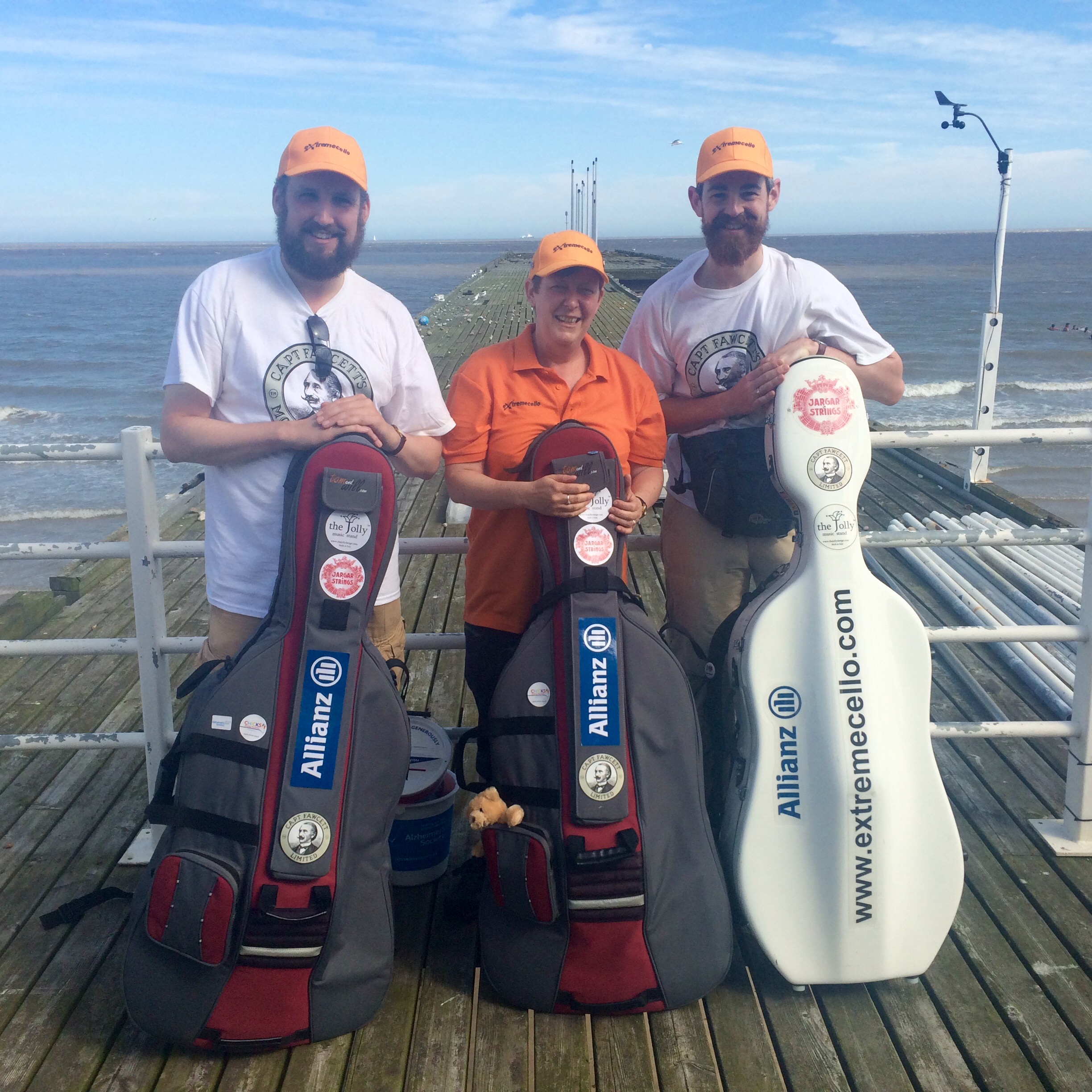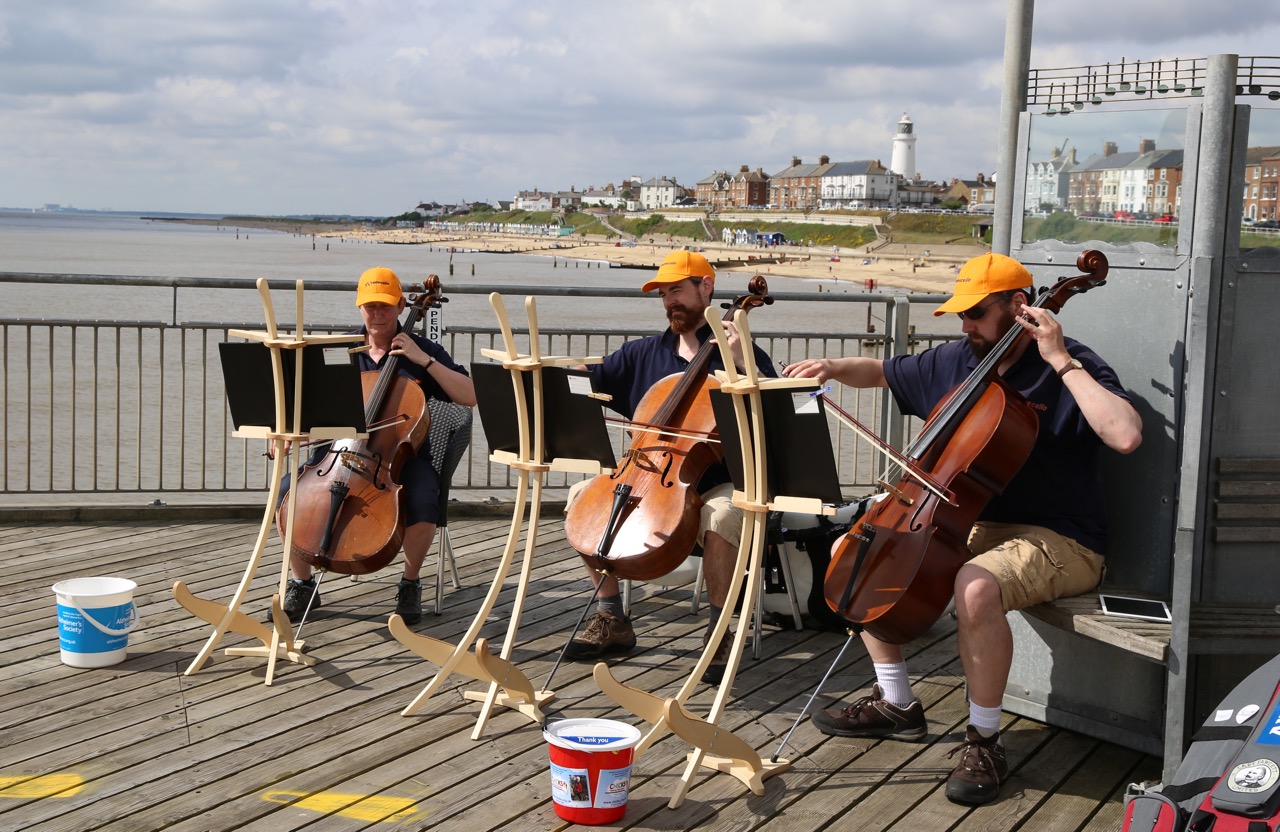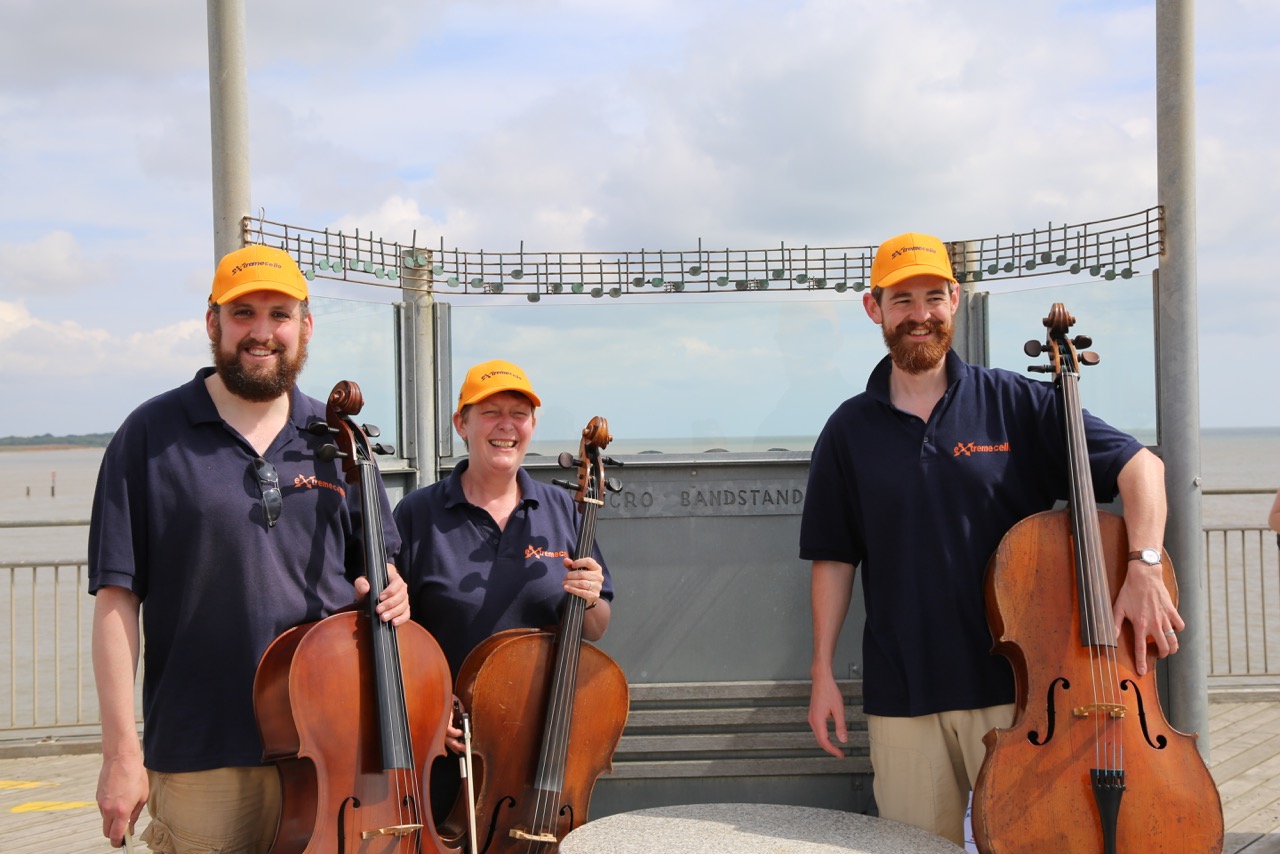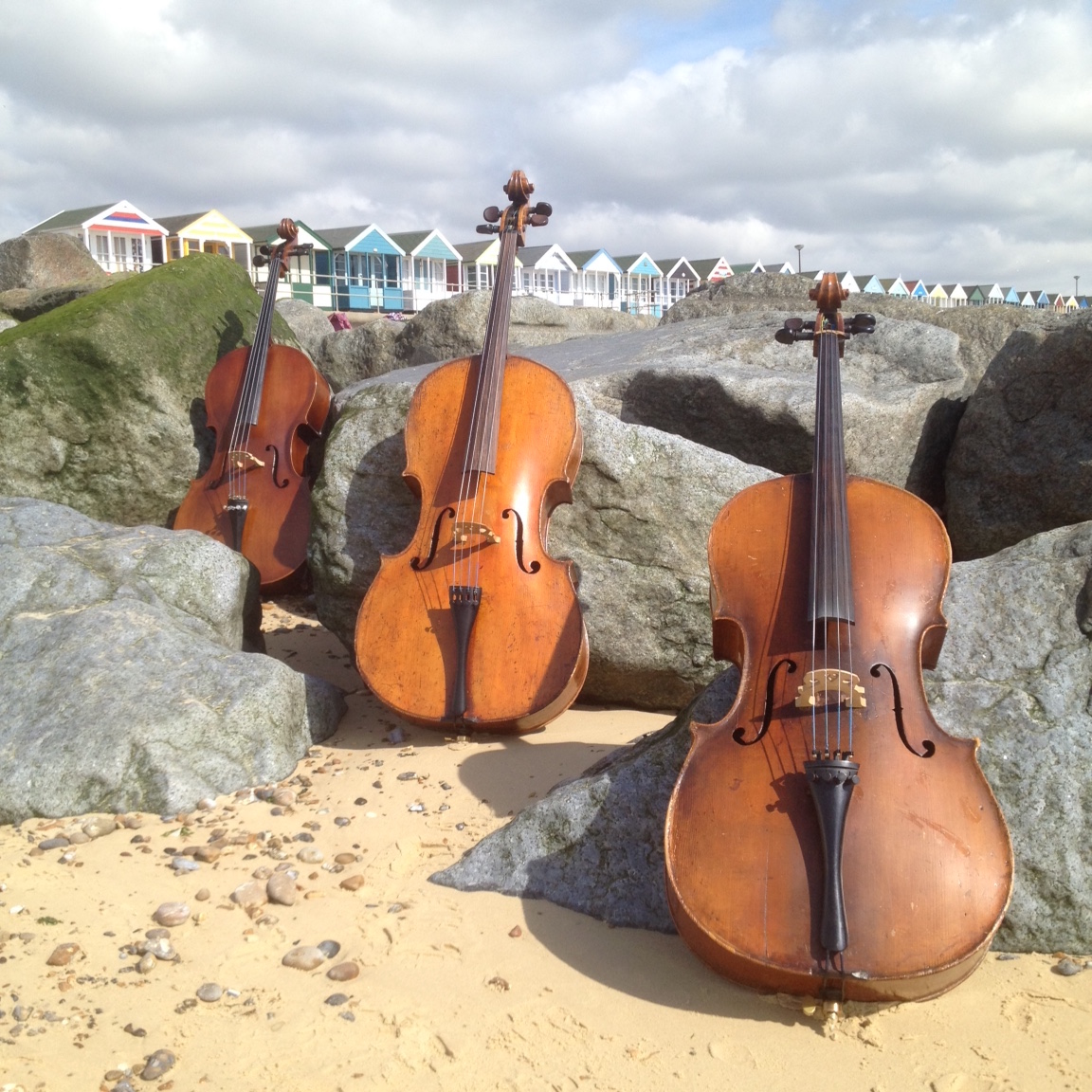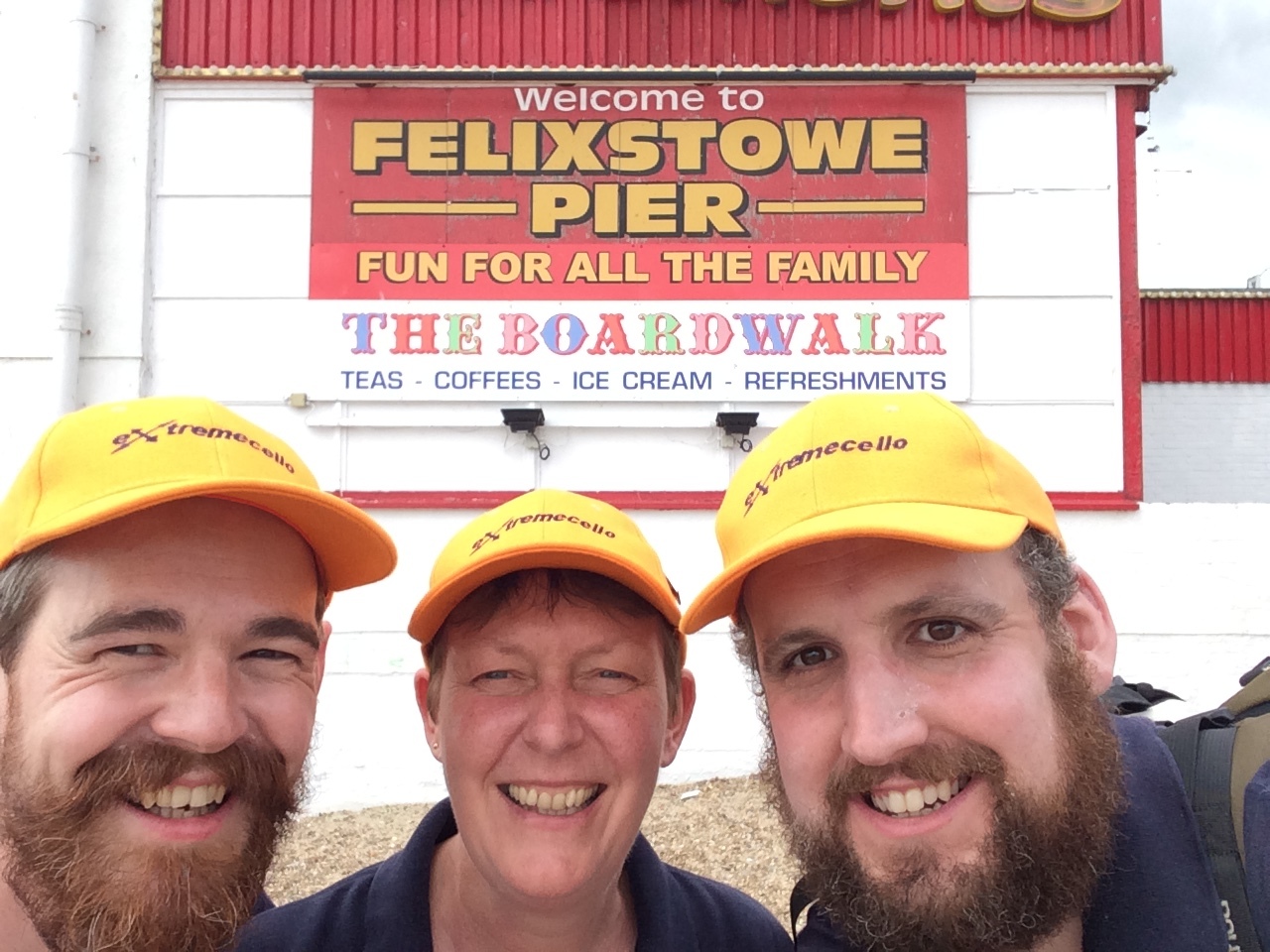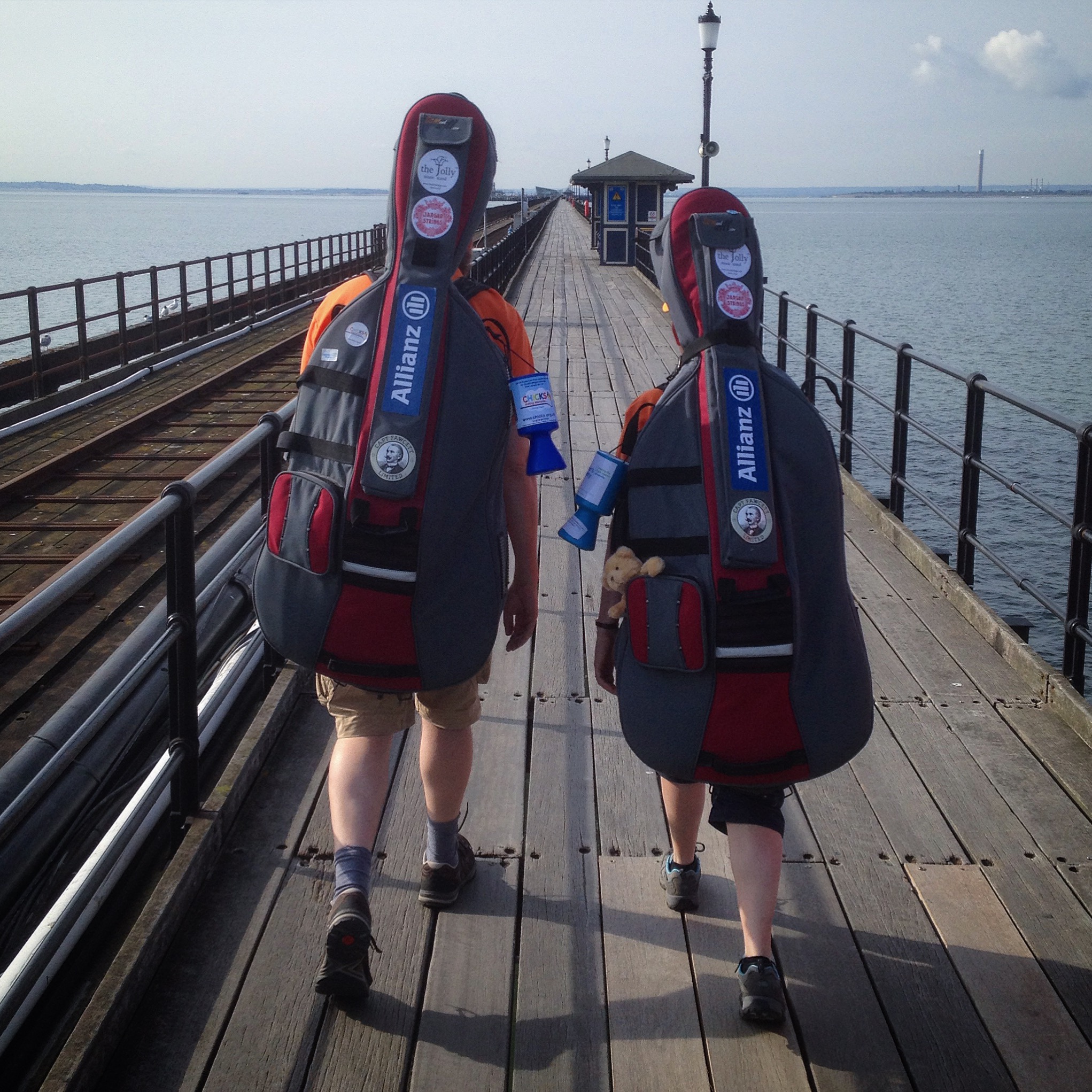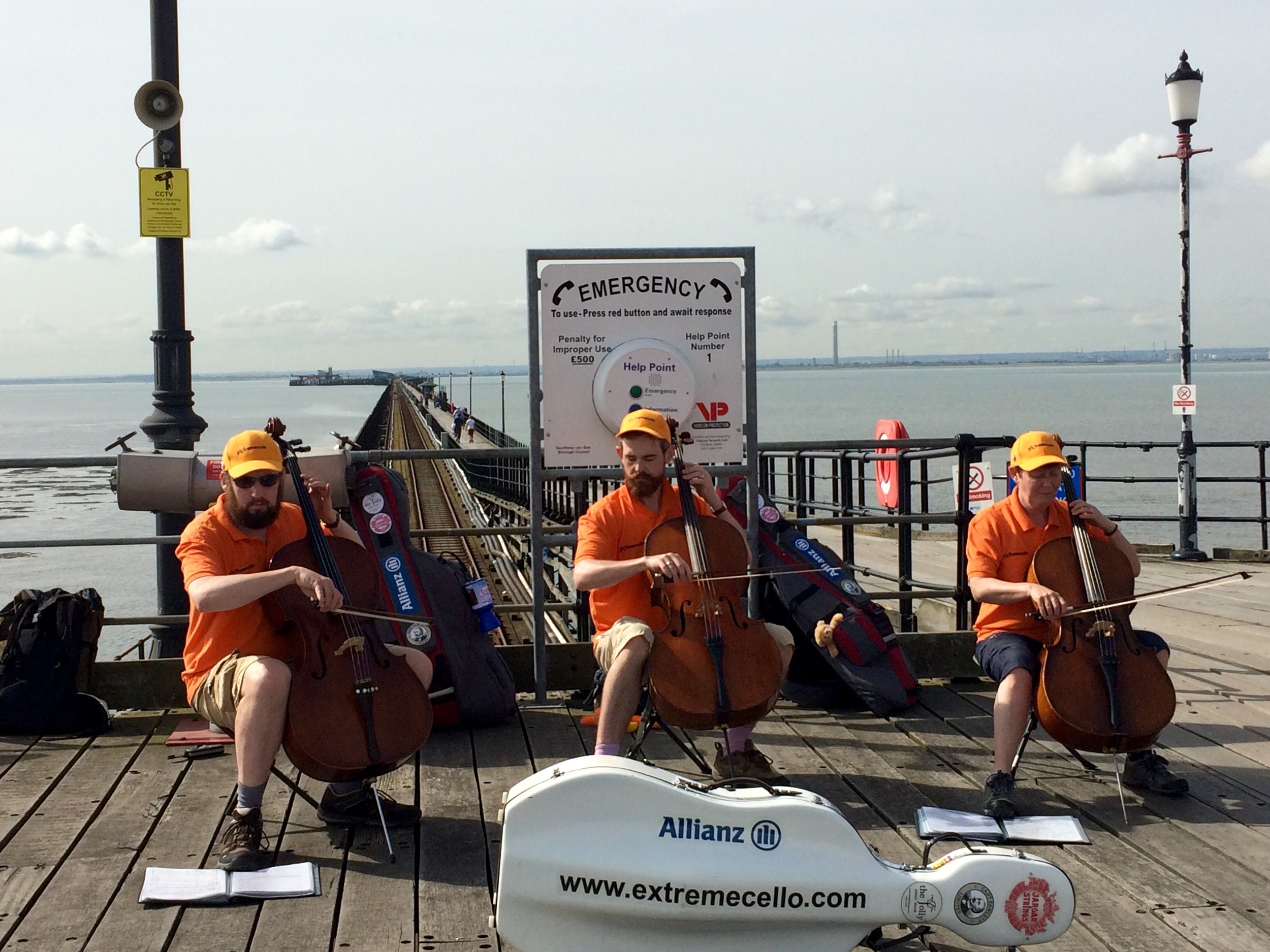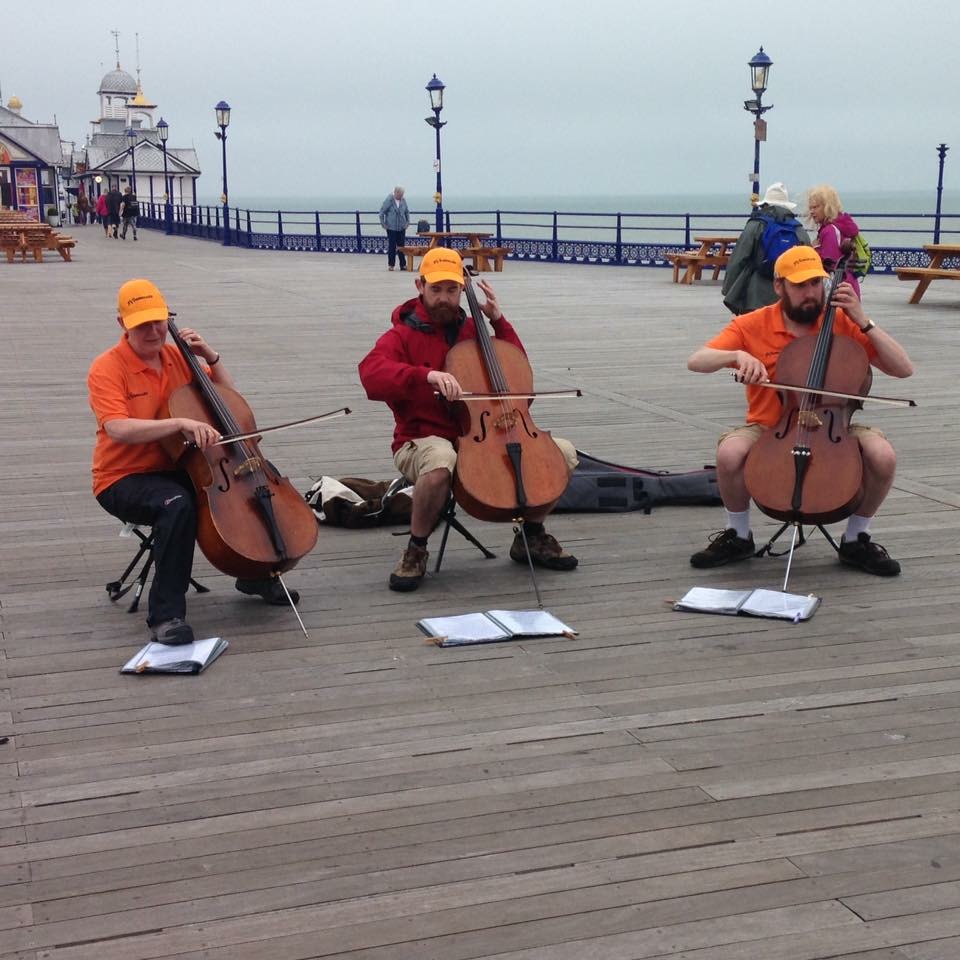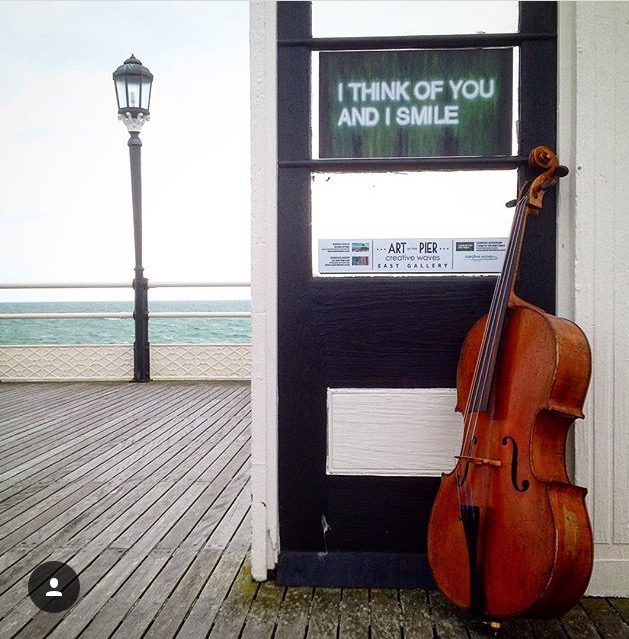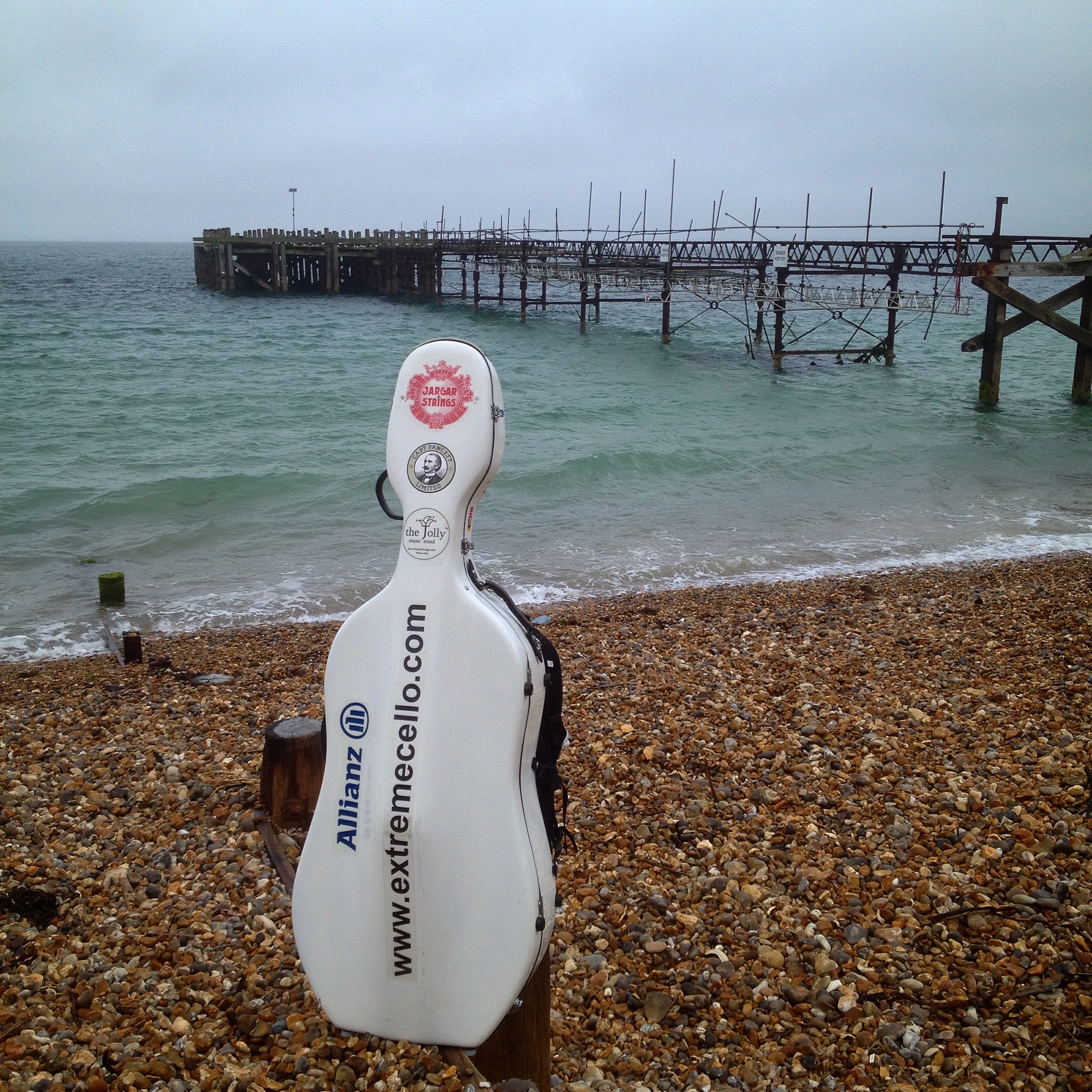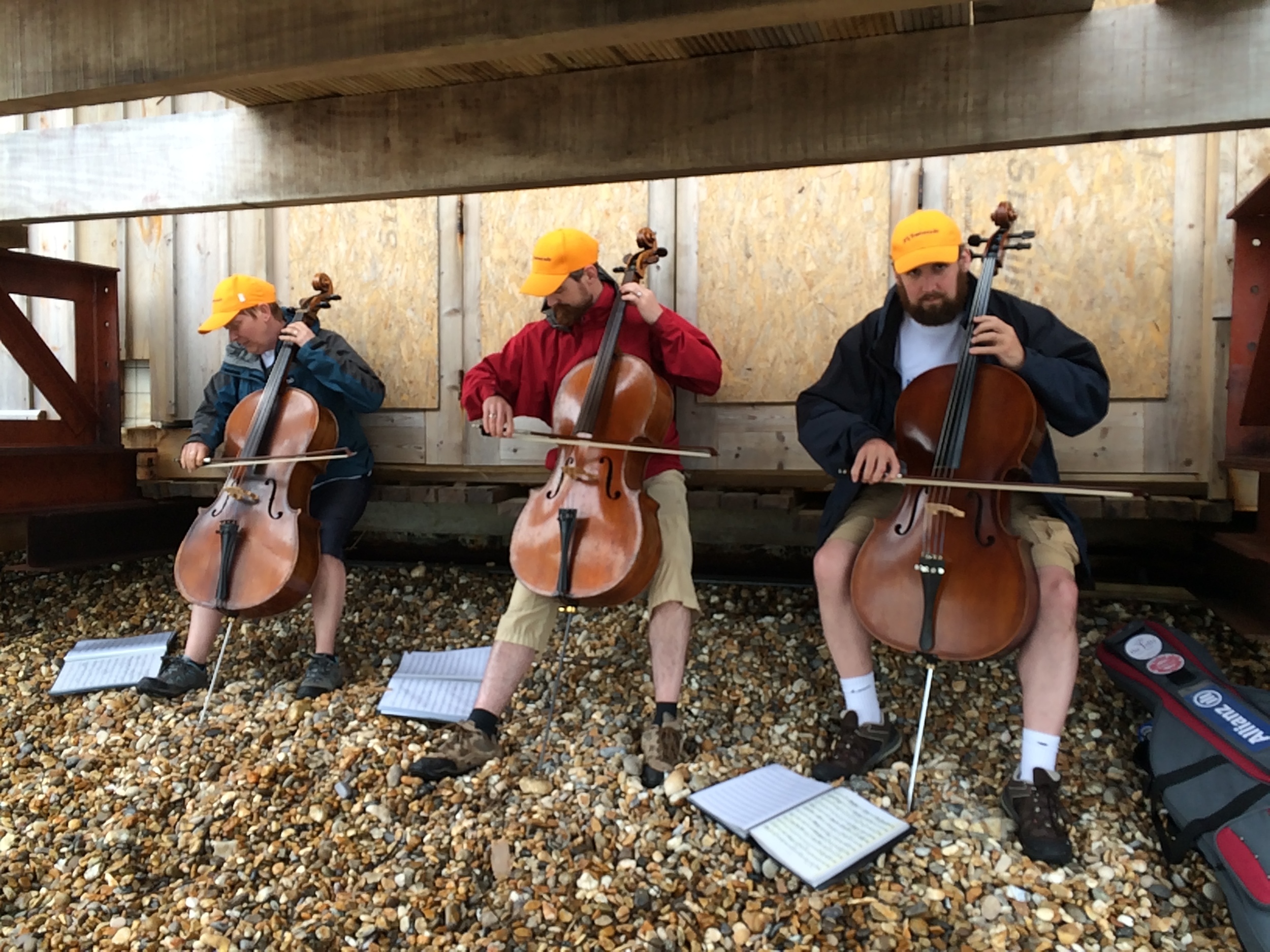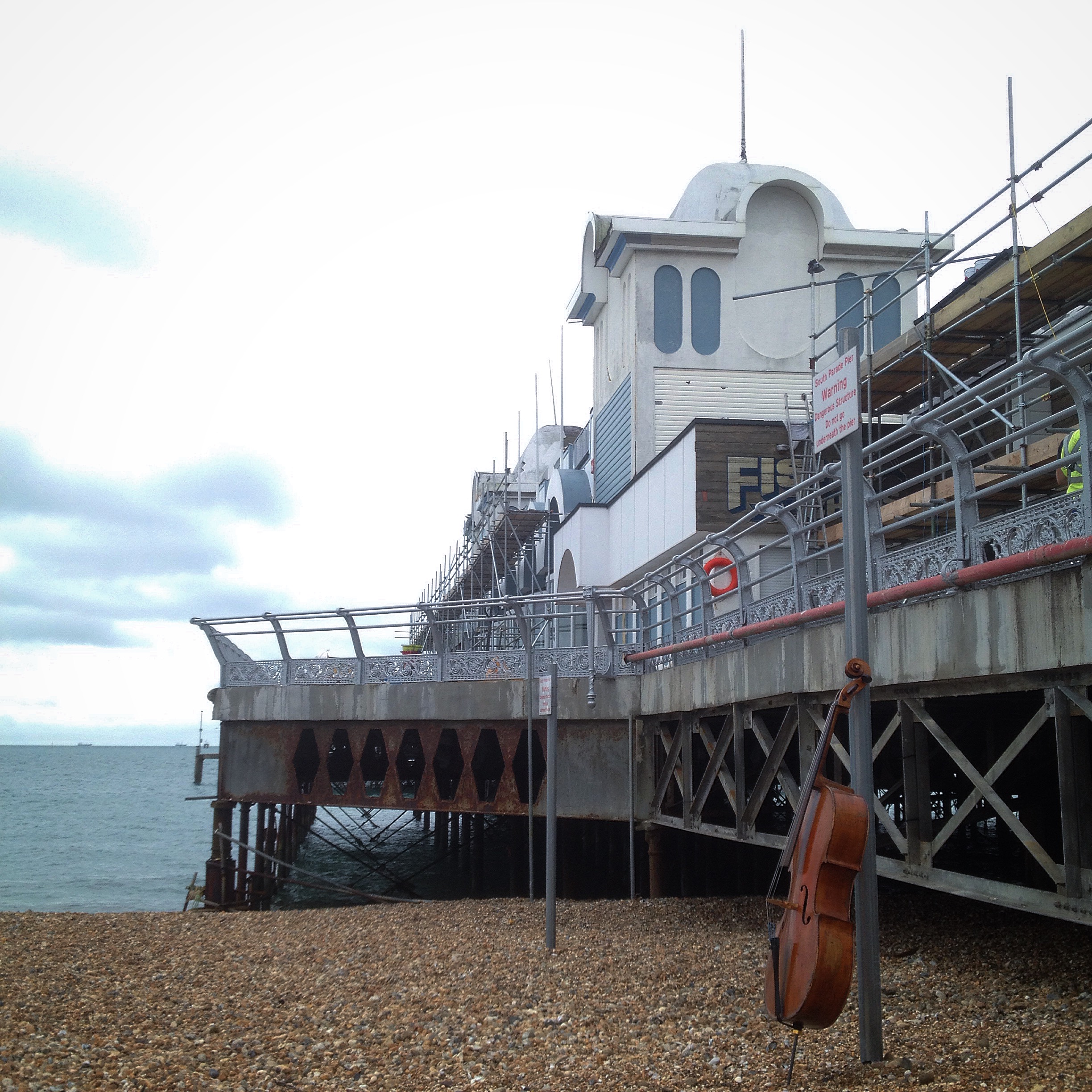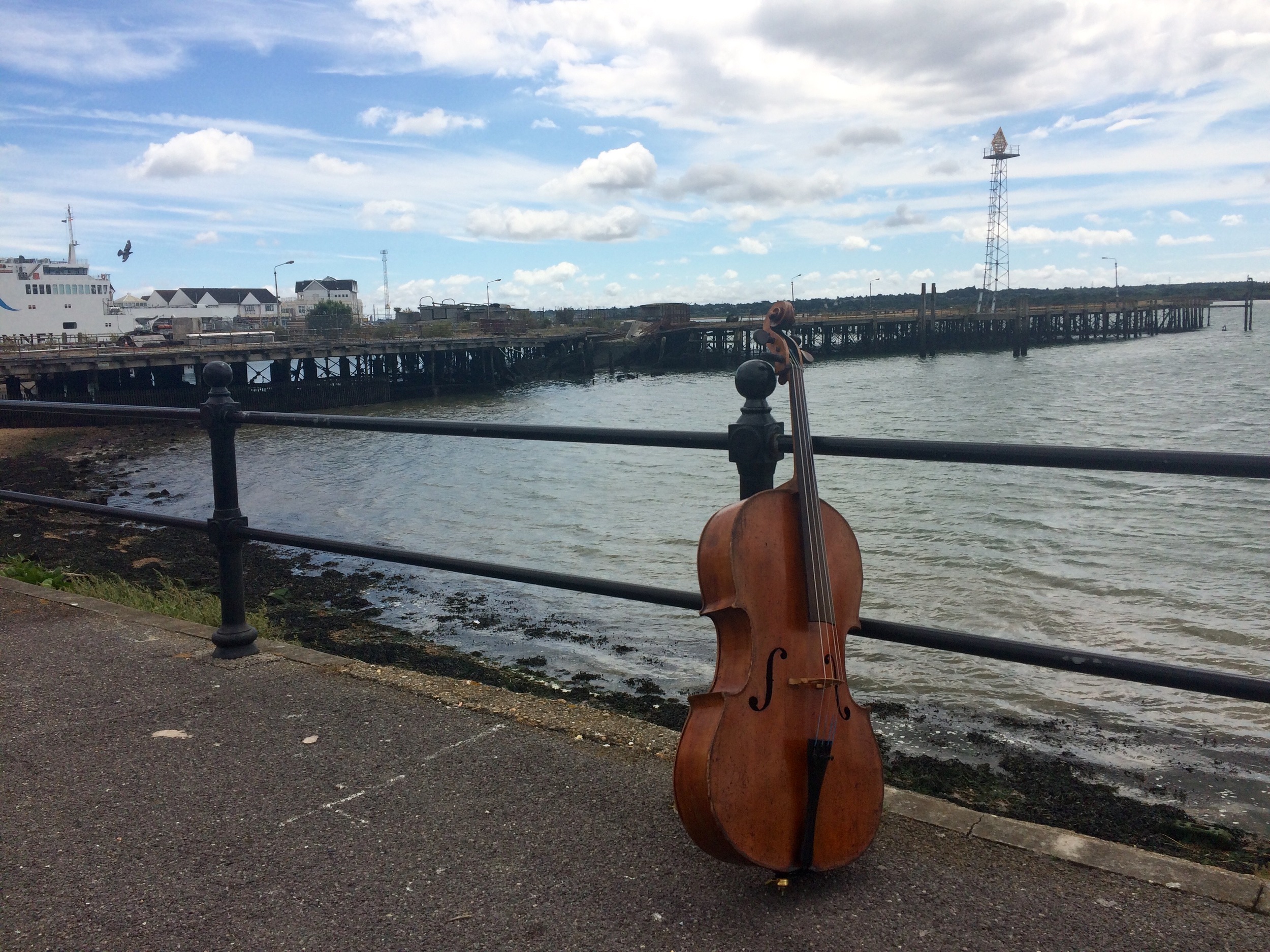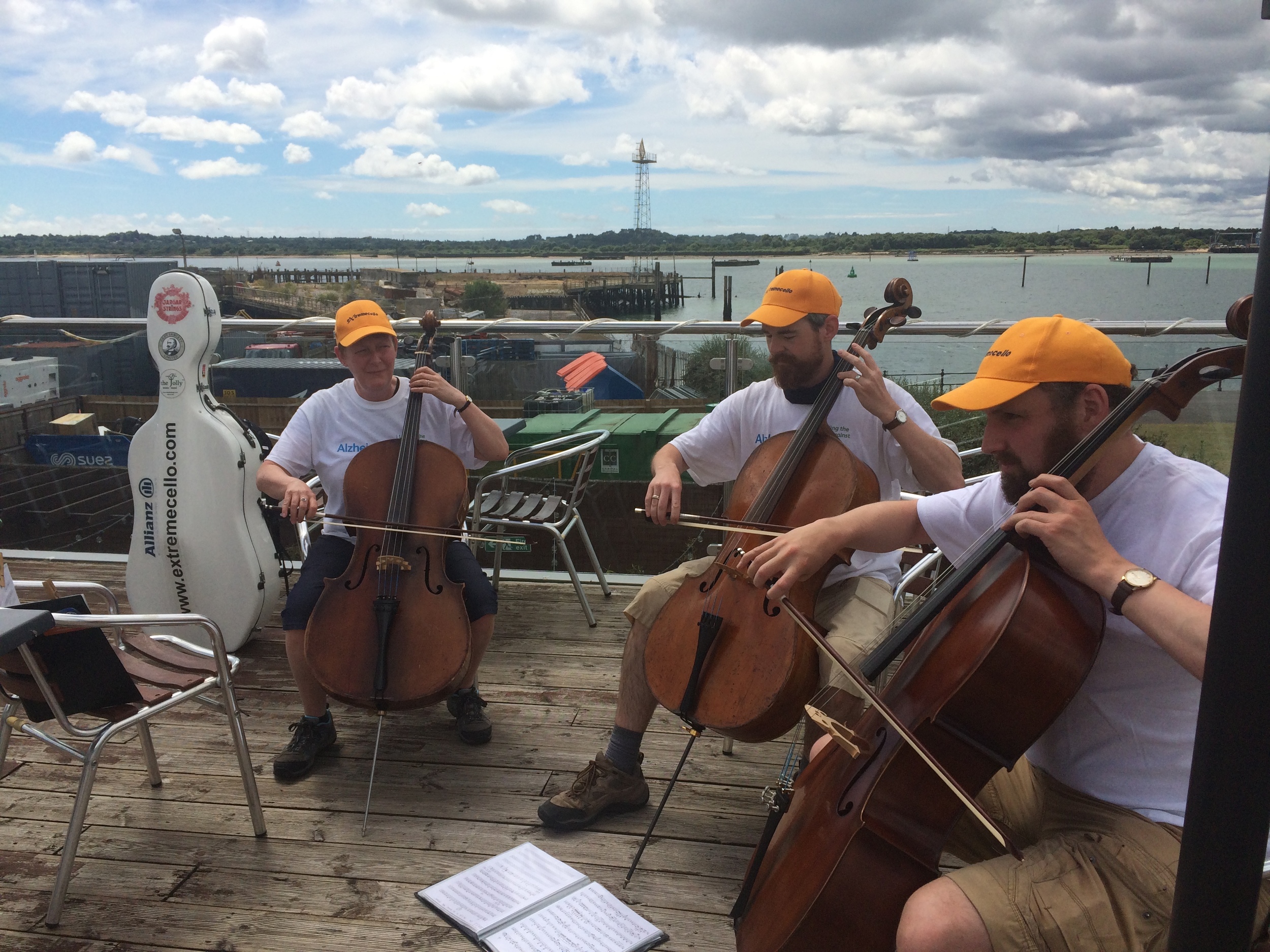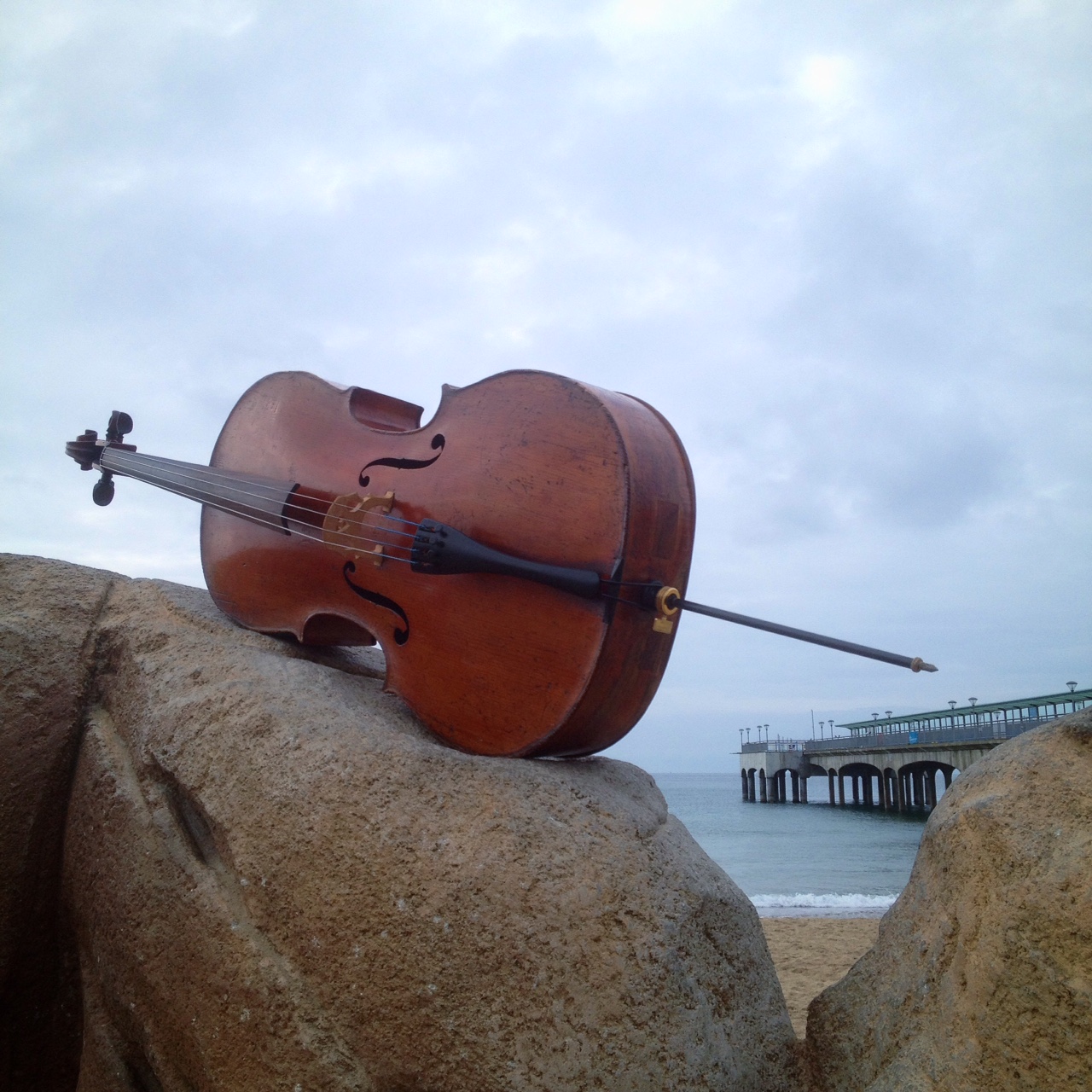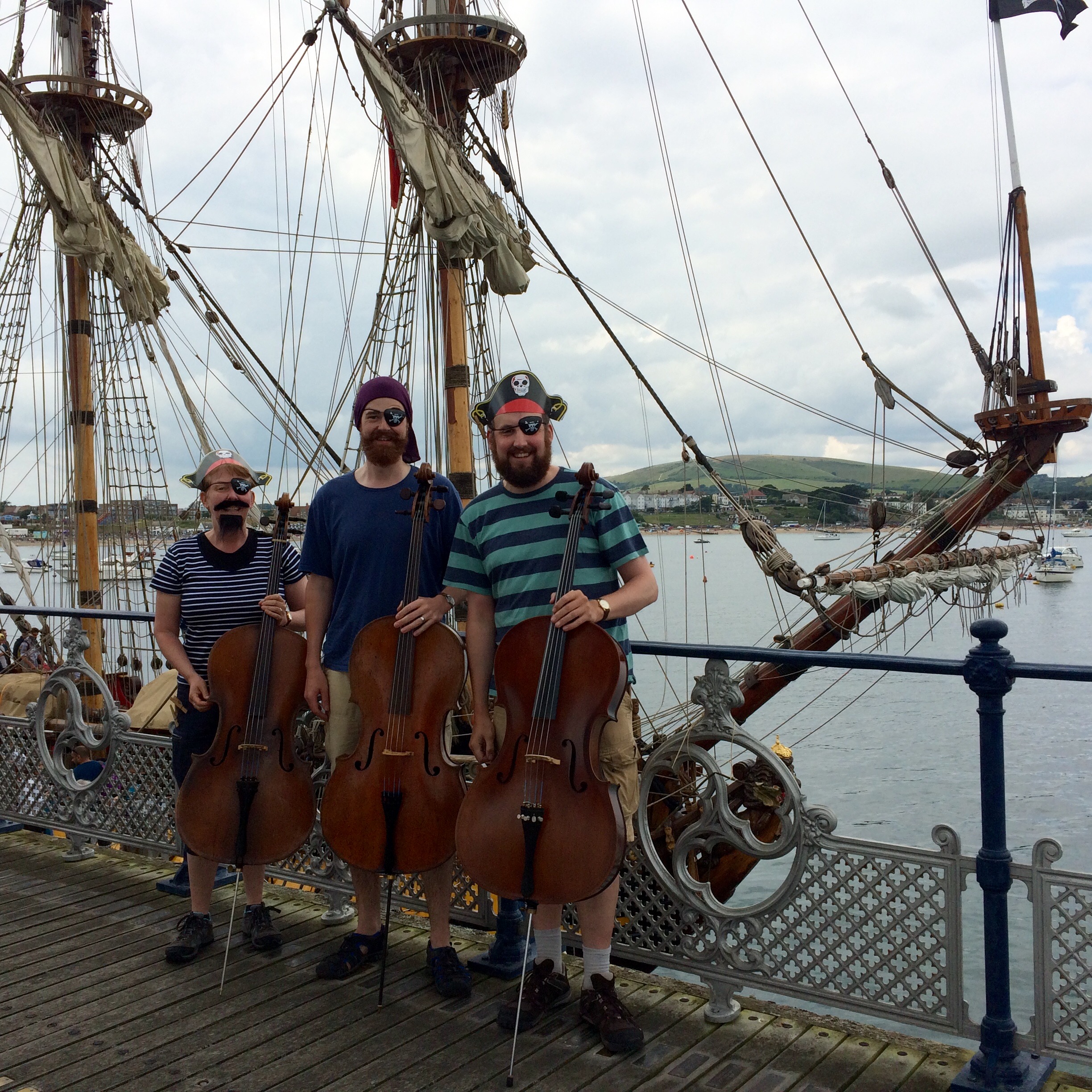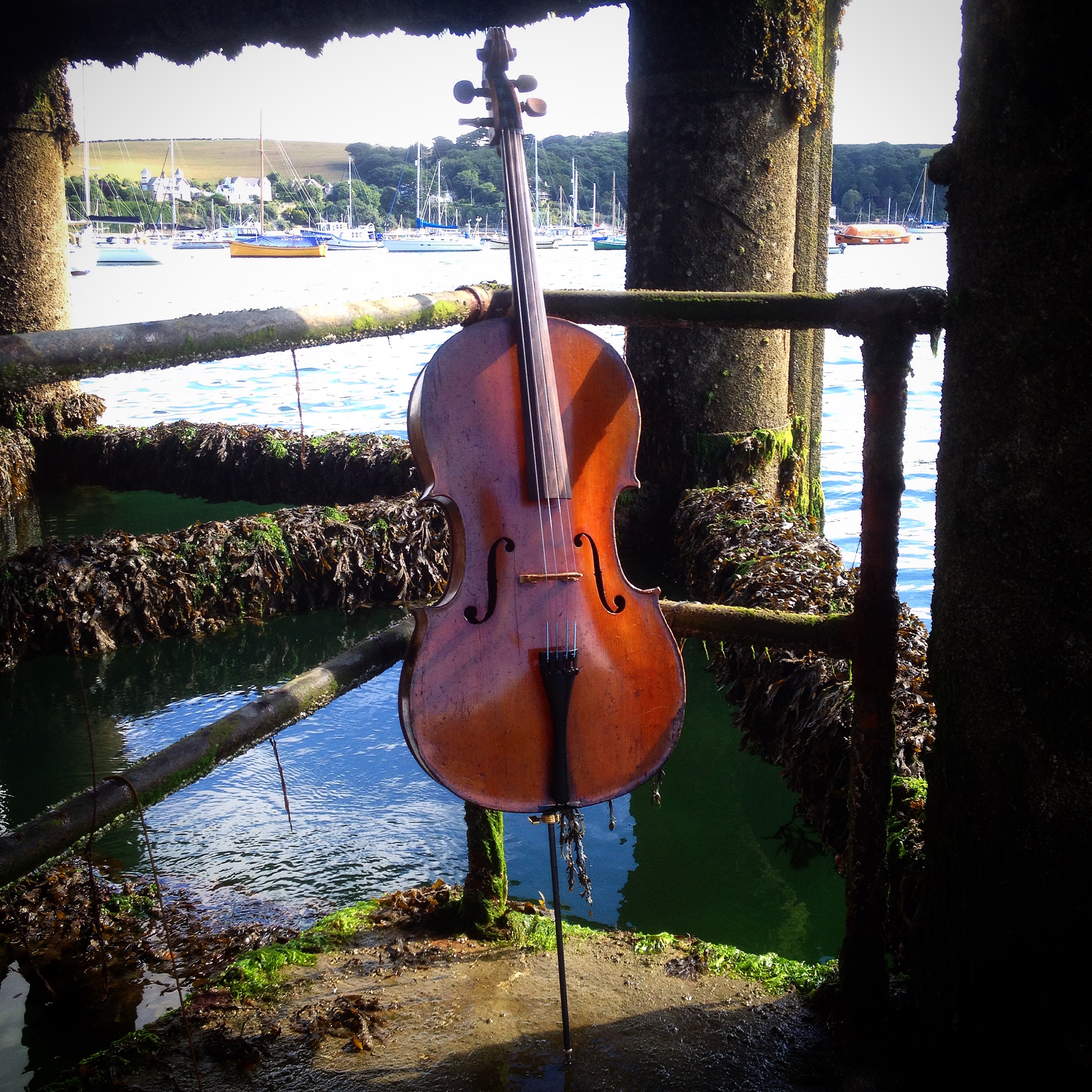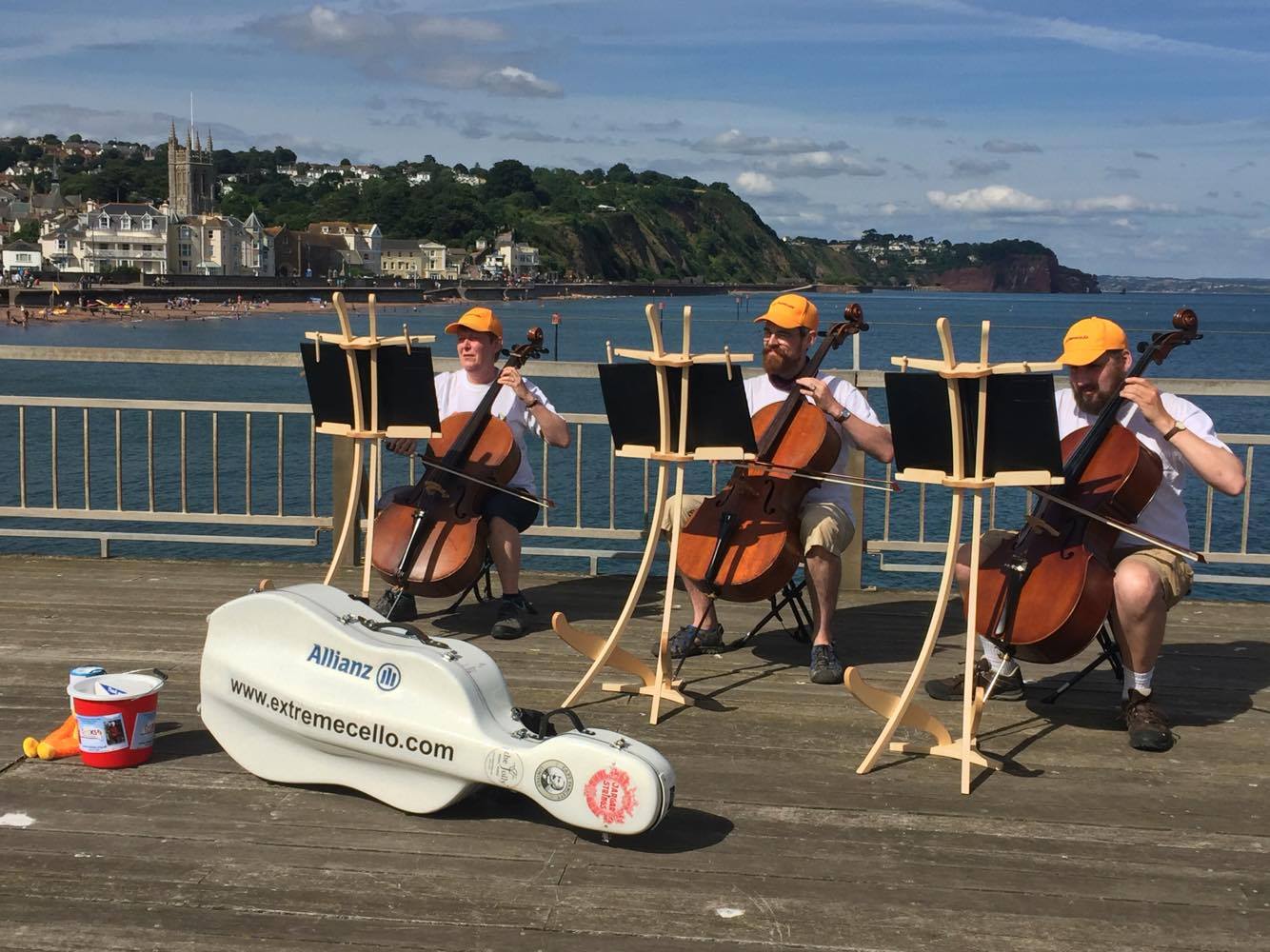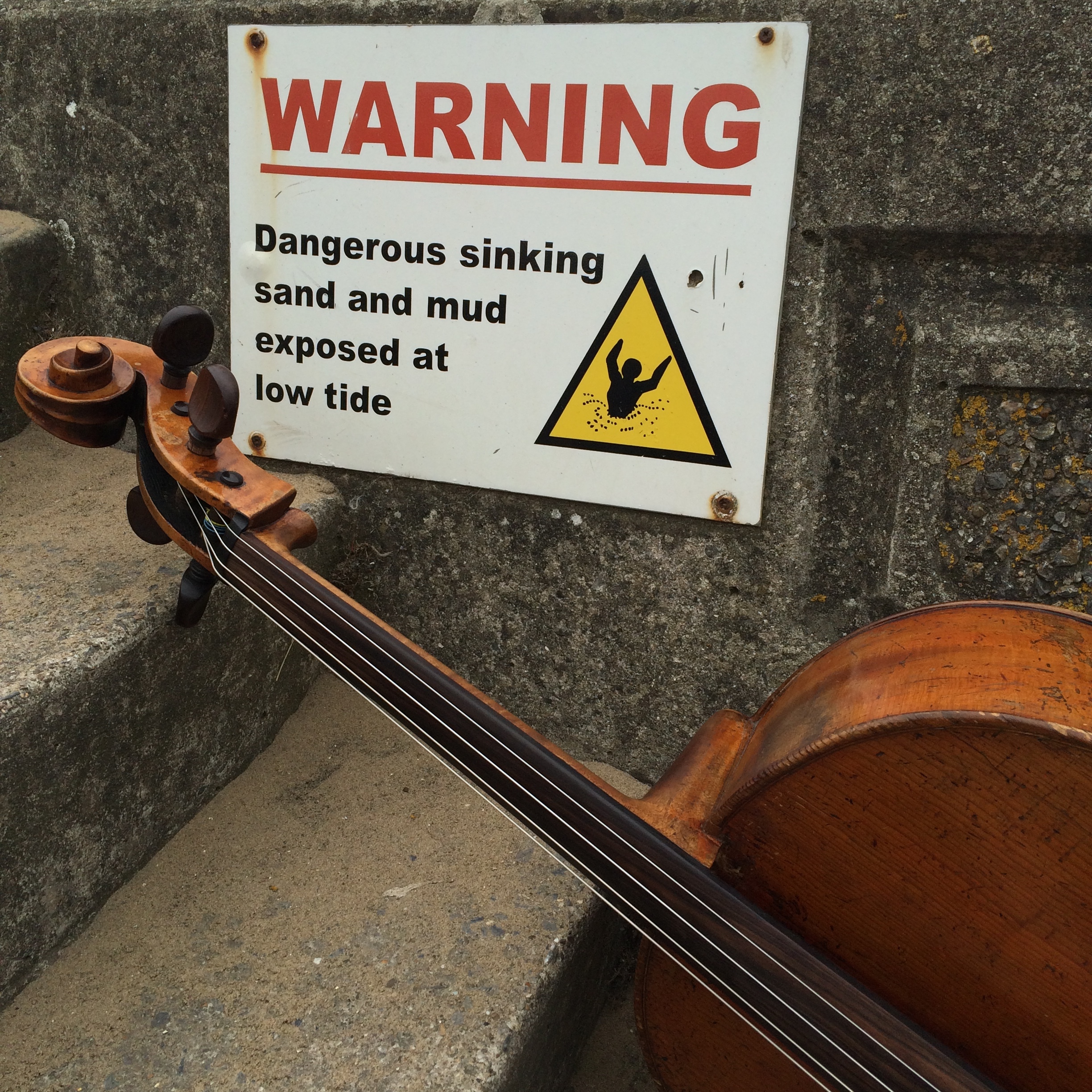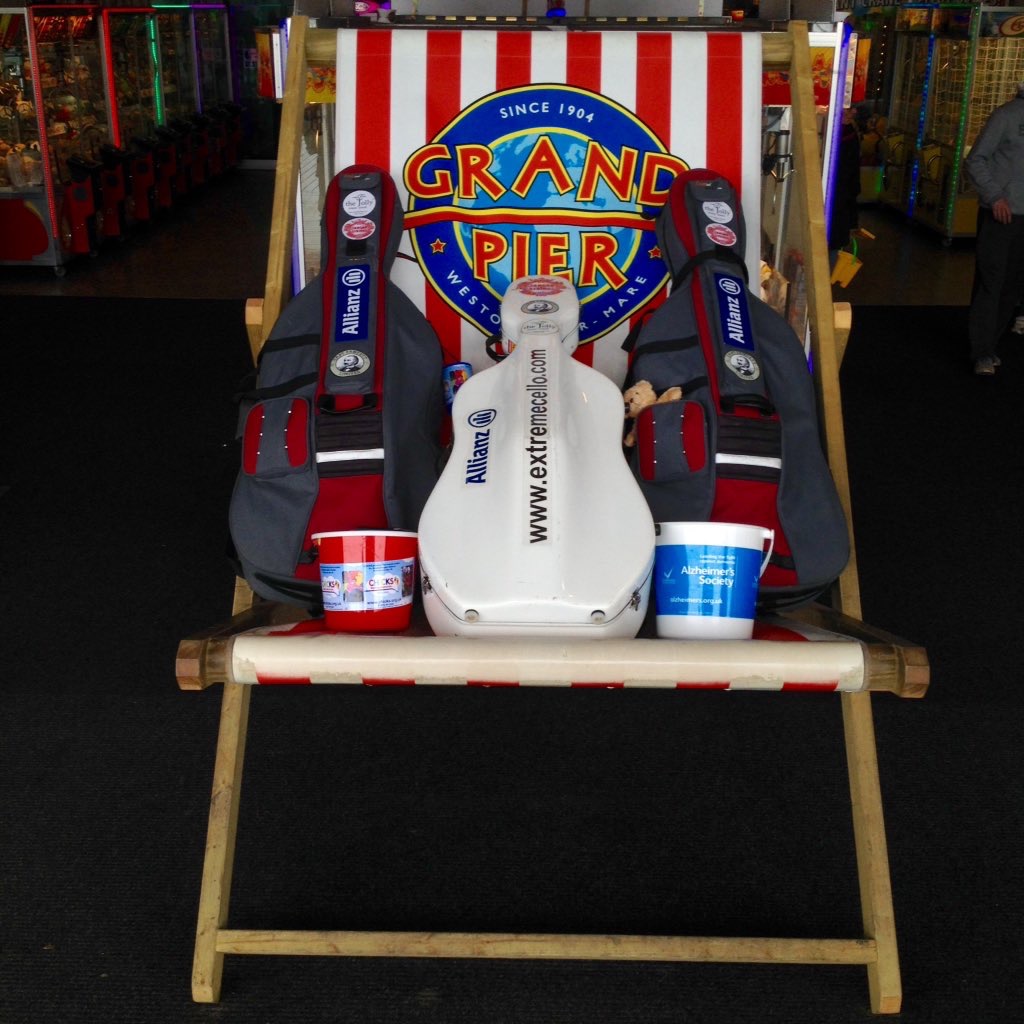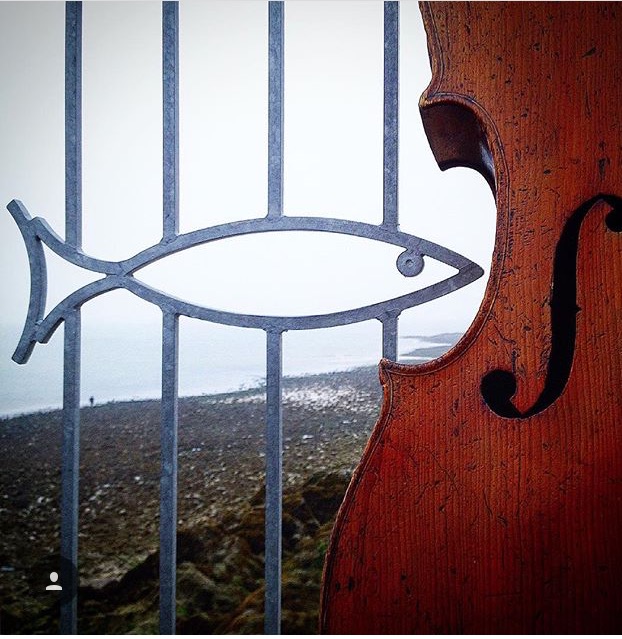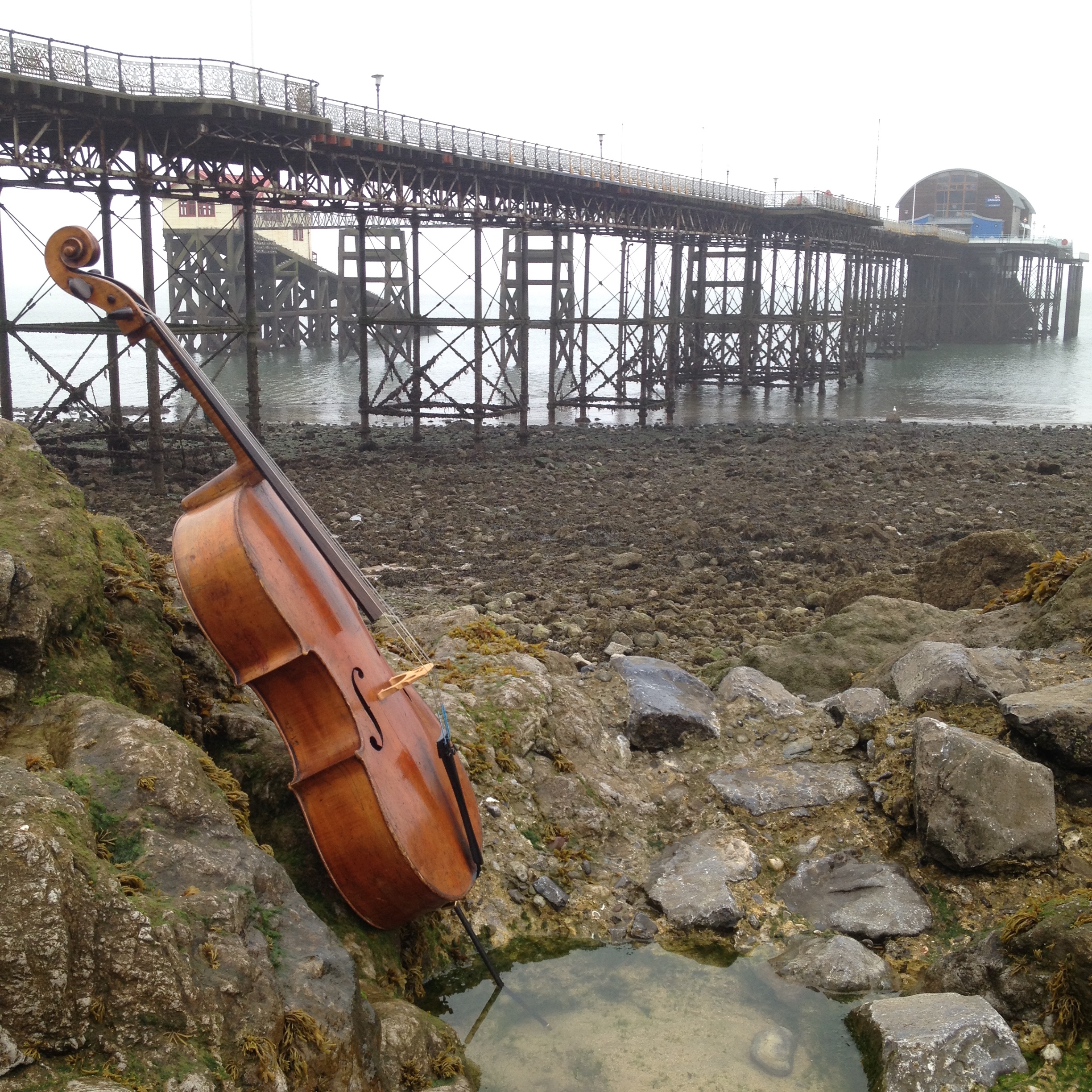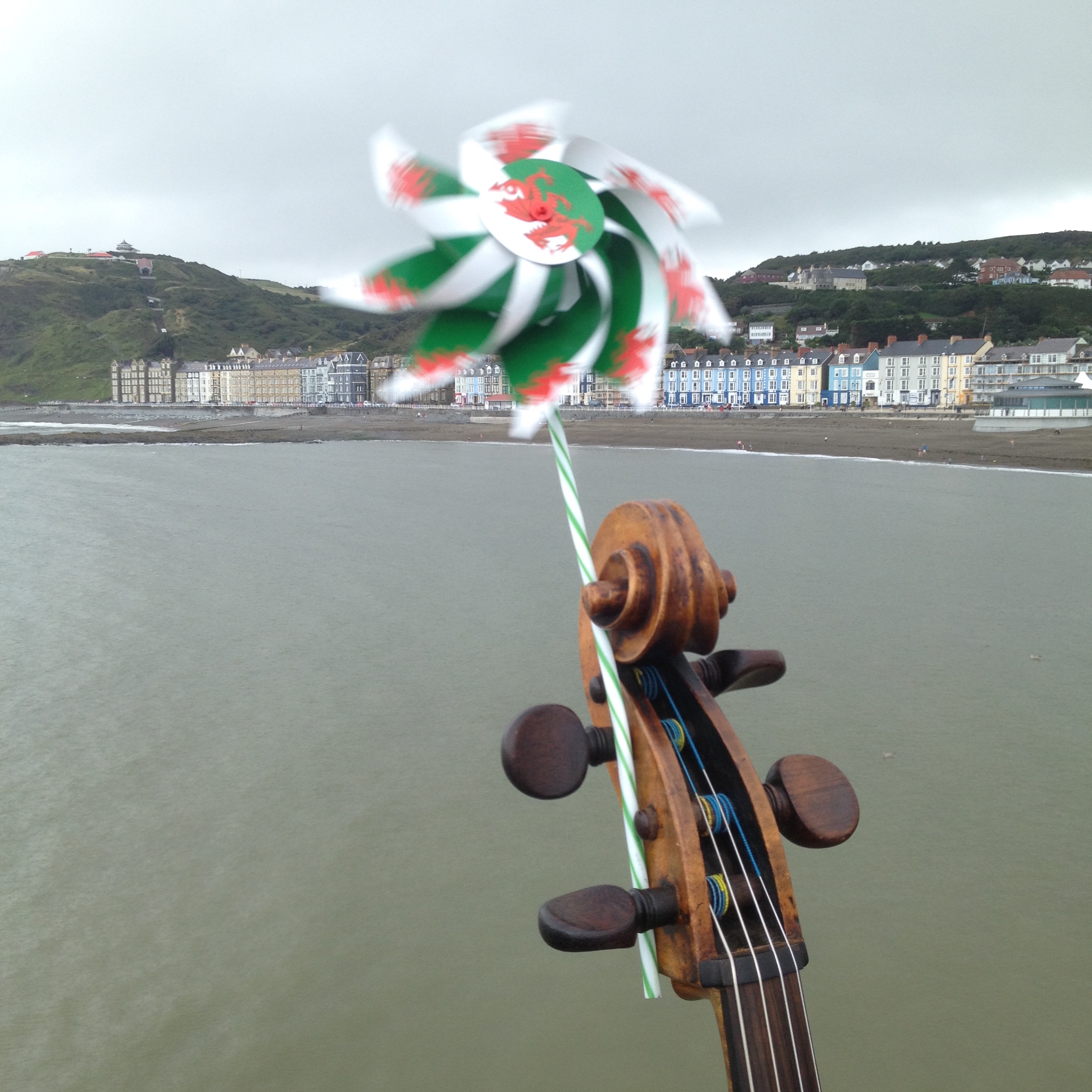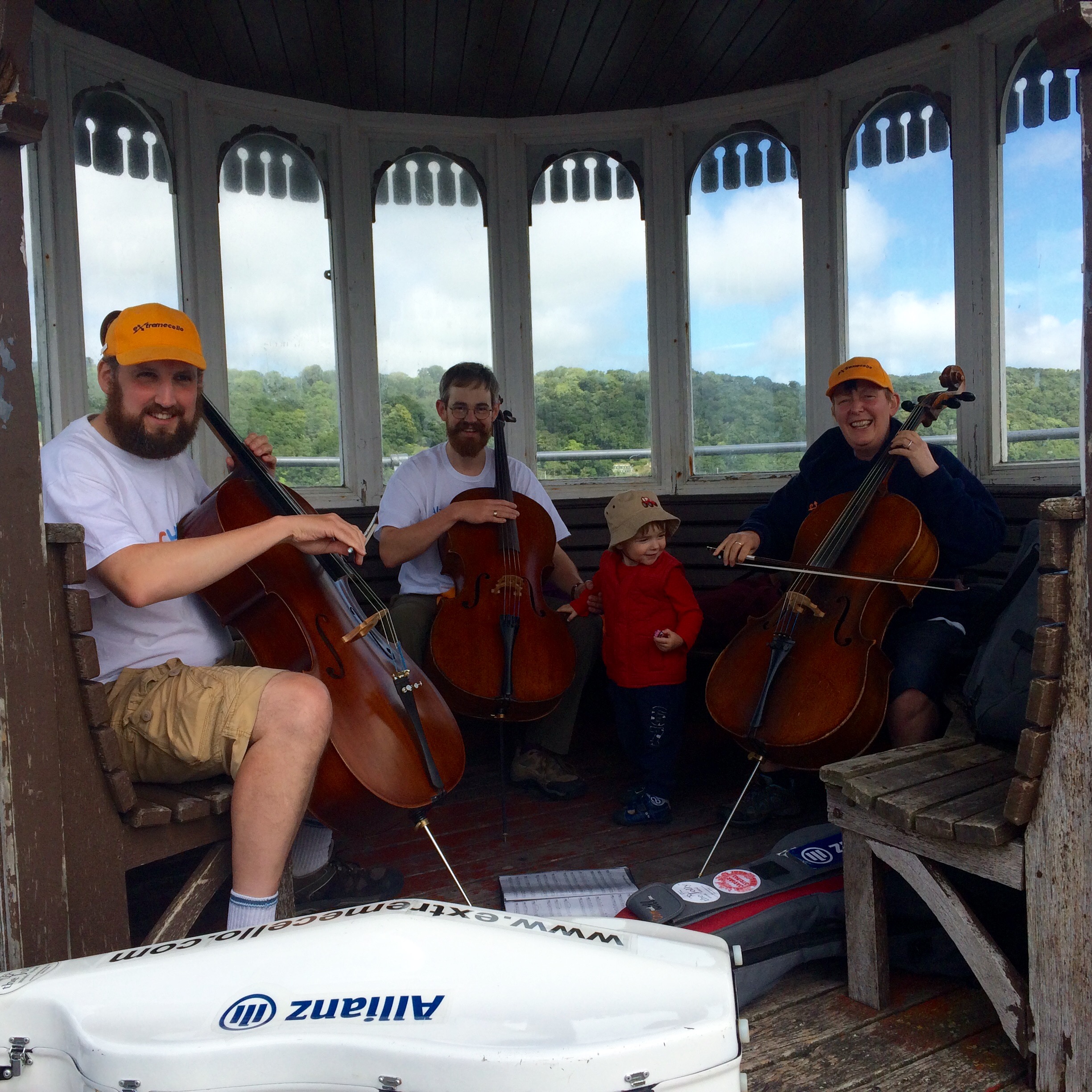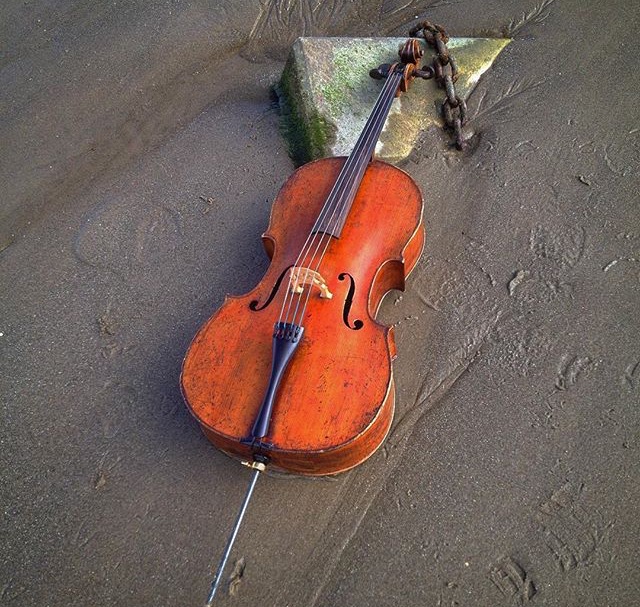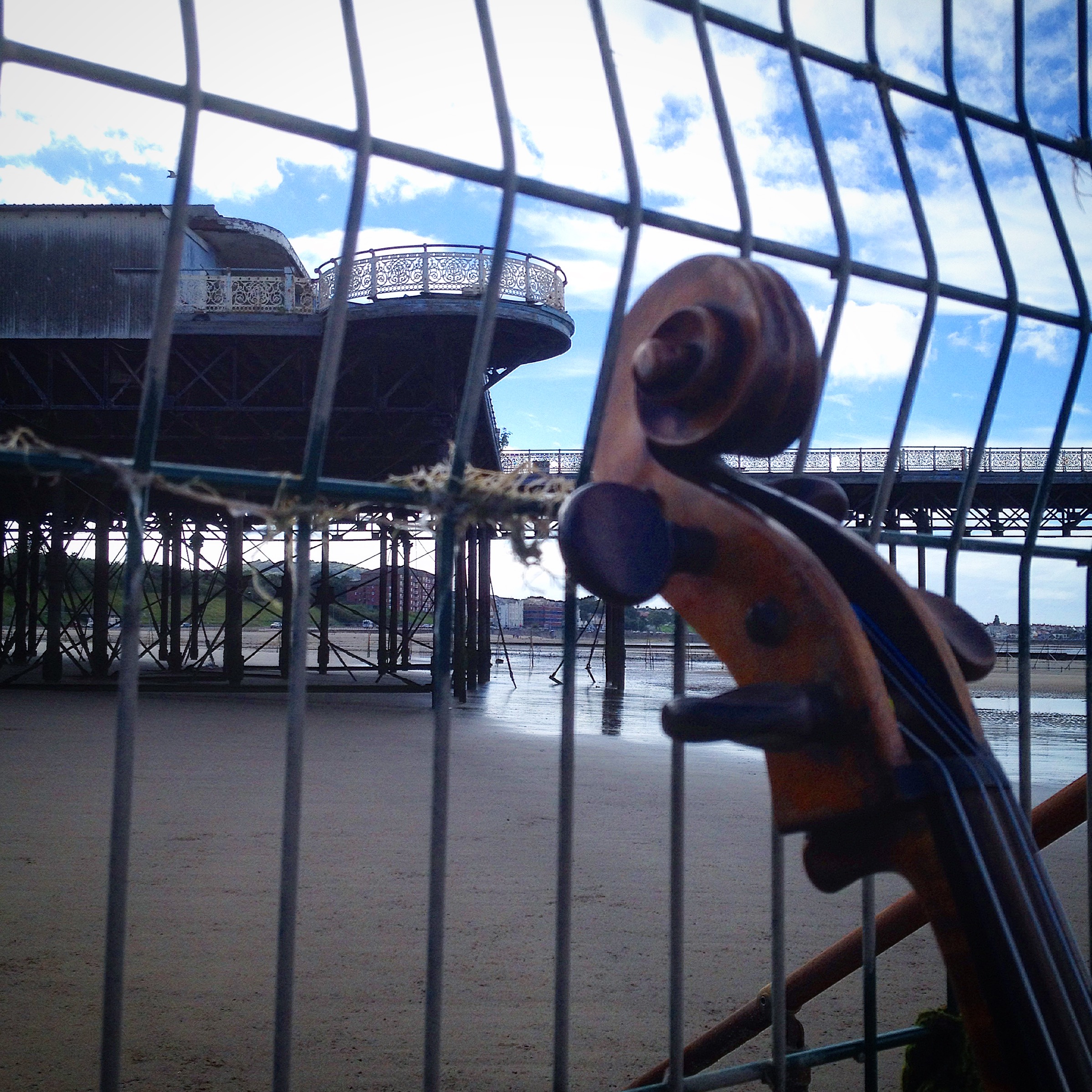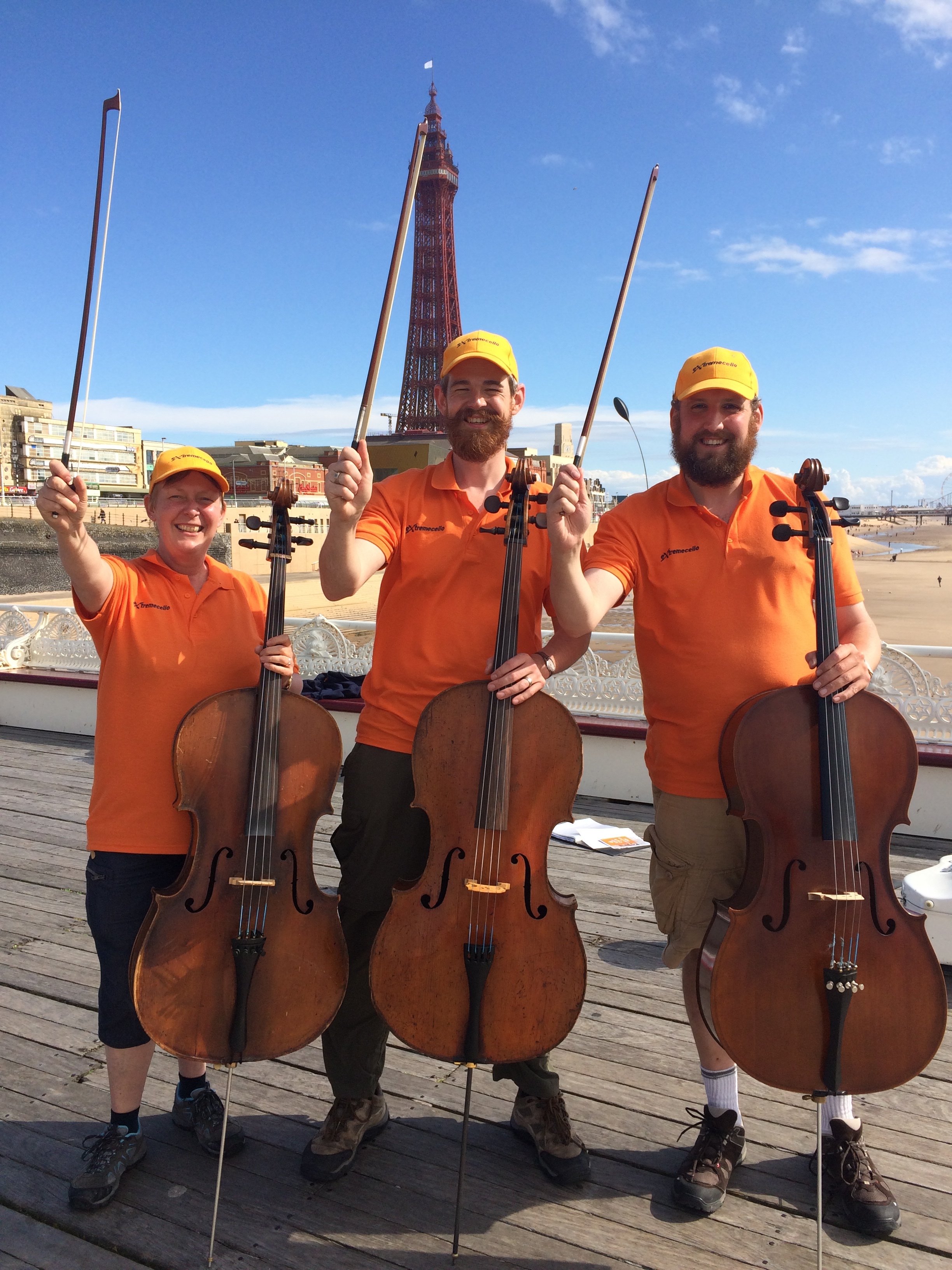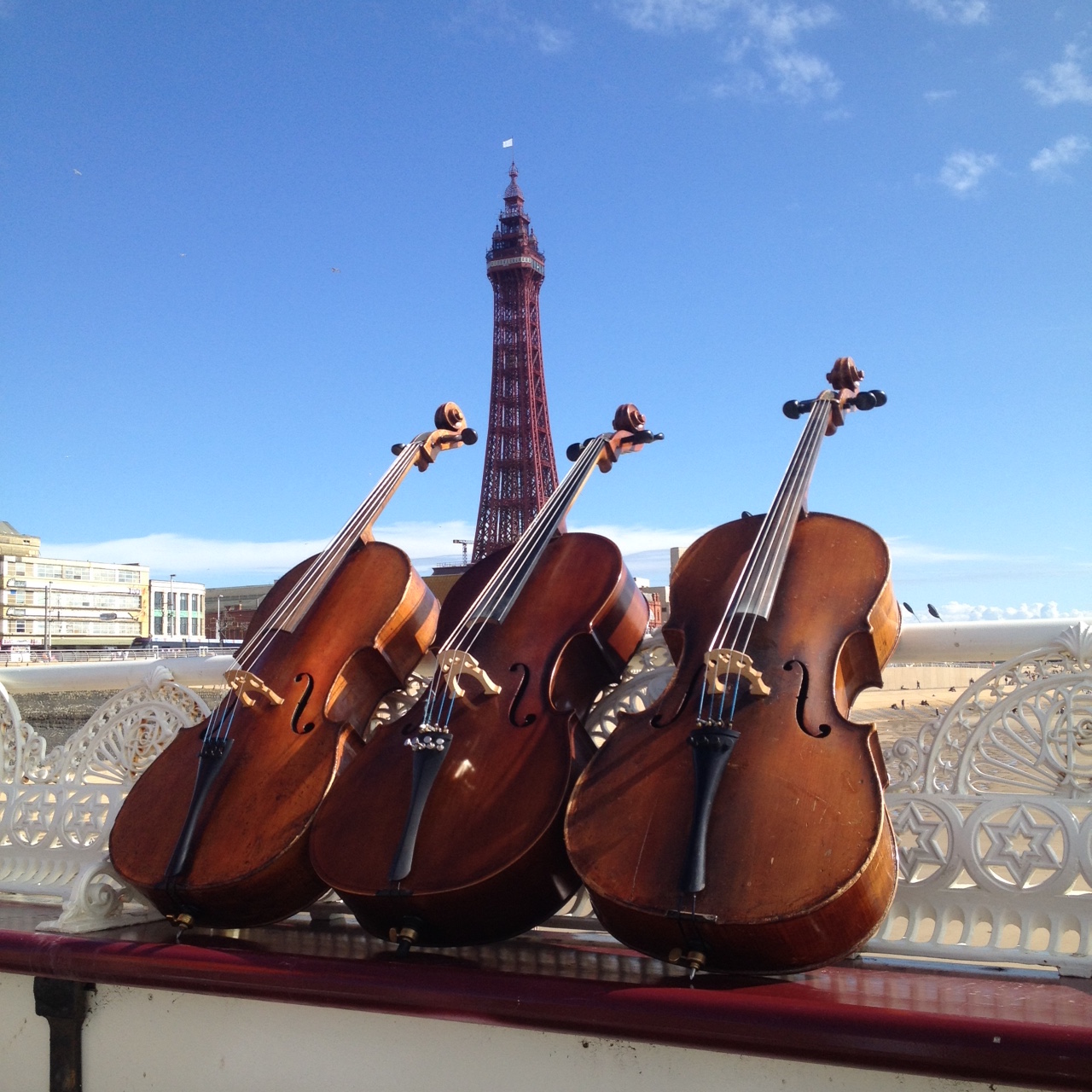Paris… the city of the 2024 Olympics, and of many of the great composers, including one of whom (Gabriel Fauré) died a hundred years ago. So, the Extreme Cellists decided we’d link these two areas and pay a brief visit!
Between 13 and 16 July 2024 (or last Saturday and today as we write this) the Extreme Cellists nipped over to Paris on the train, to play at (or near) eight Olympic venues, outside the former homes of two composers (Fauré and Chopin), on streets named after seven more, and at various other sites associated with notable musicians - including the Paris Conservatoire, where many of these composers had studied and/or worked.
Highlights included:
Playing at two of the greatest sports stadia in France (and the world) - the Stade de France, and the Parc des Princes
Celebrating Bastille Day by dying our hair to match the French Tricolore!
Playing Fauré’s In Paradisum outside La Madeleine, the church where he was organist
Playing La Marseillaise using bows made from baguettes in front of the Louvre (click here to see a video…!)
Playing Anton Bruckner’s Locus Iste outside Notre Dame, still being repaired after the 2019 fire. Although Bruckner never lived in Paris, he did give an organ recital at Notre Dame (and this is his 200th anniversary)
Being moved on by police when playing at the Trocadero
Although just a quick trip, we packed a lot in - walking over 20 miles with the cellos in two days to get between places too - and certainly enjoyed a bit of French hospitality as well. Merci et au revoir, Paris!

















